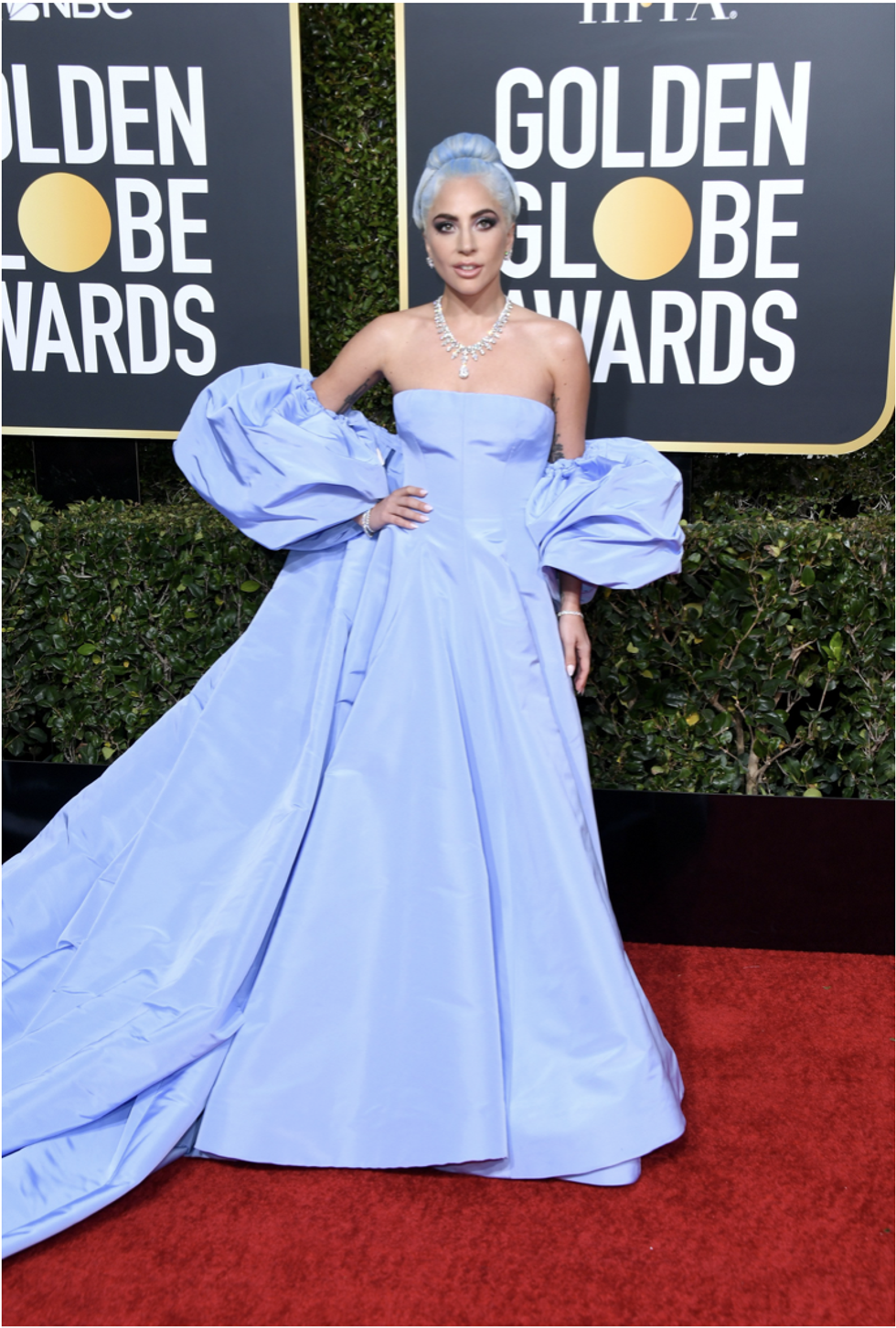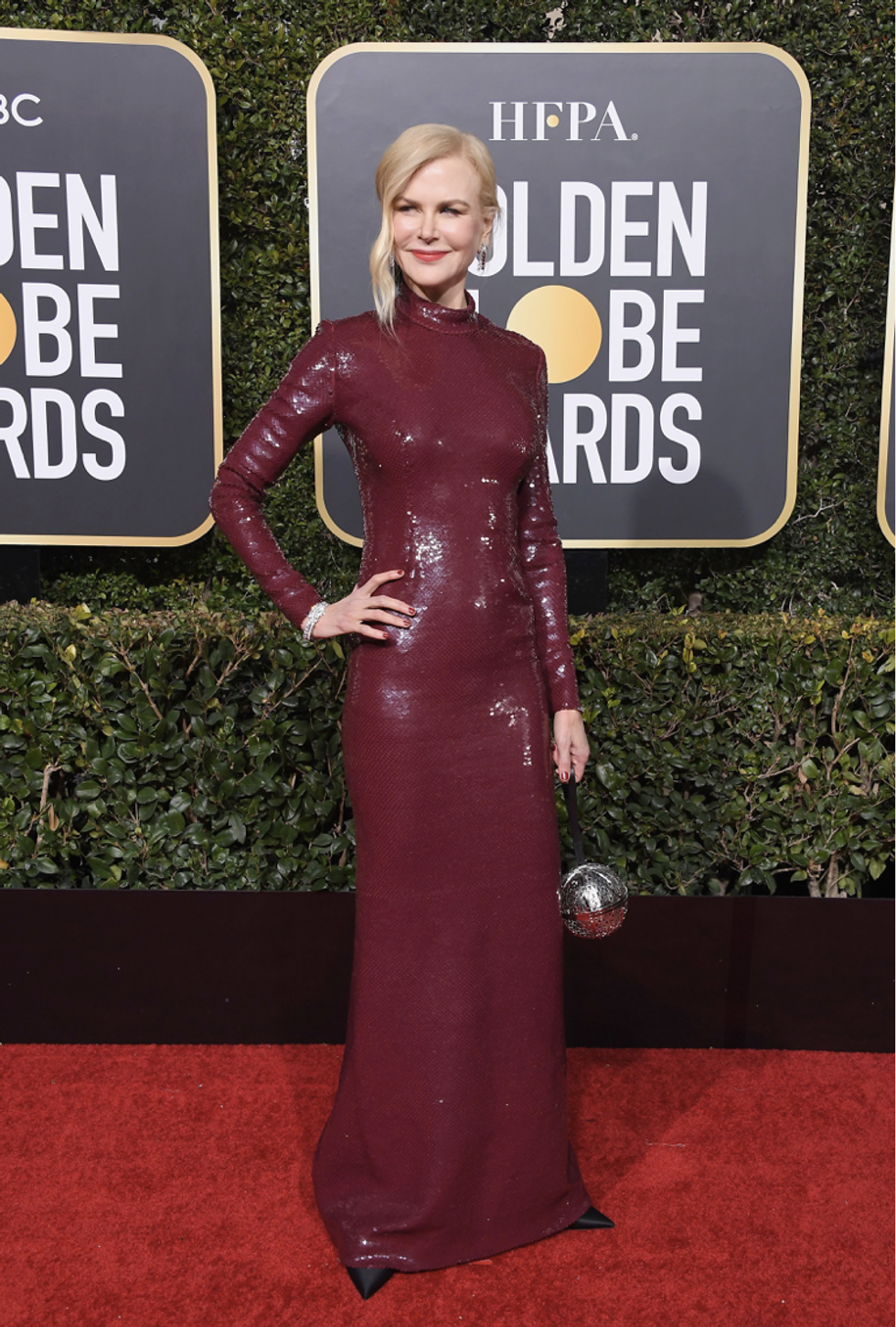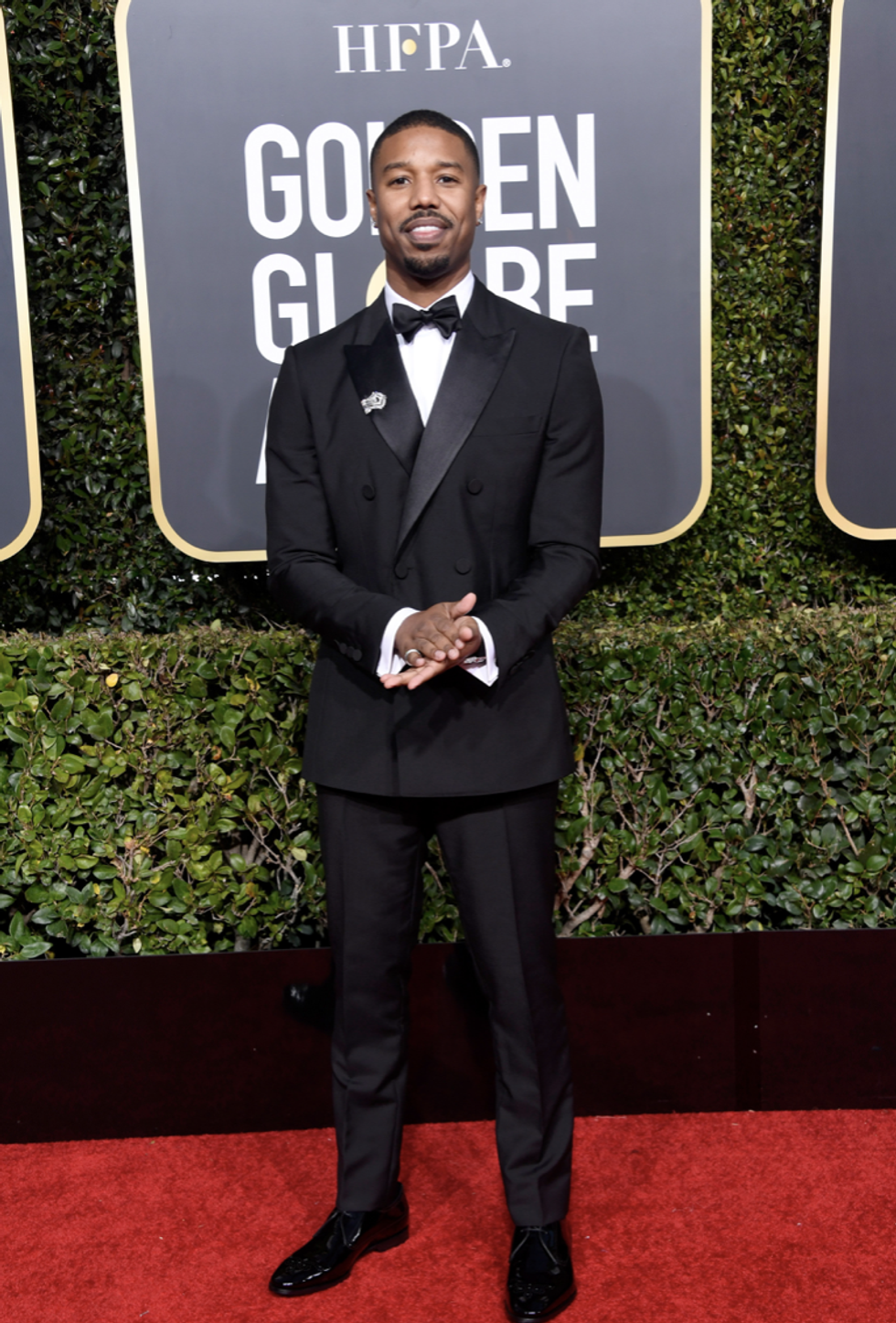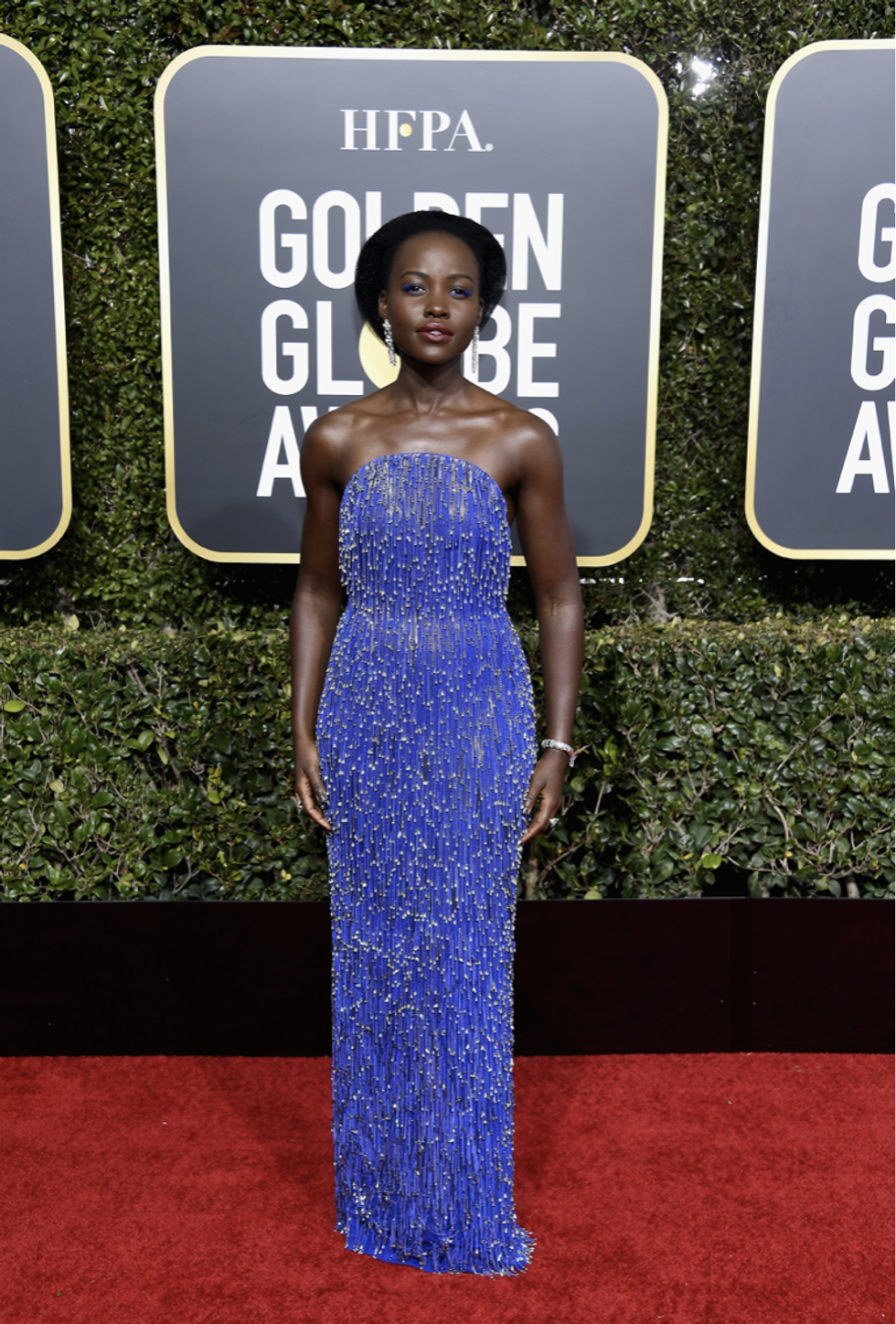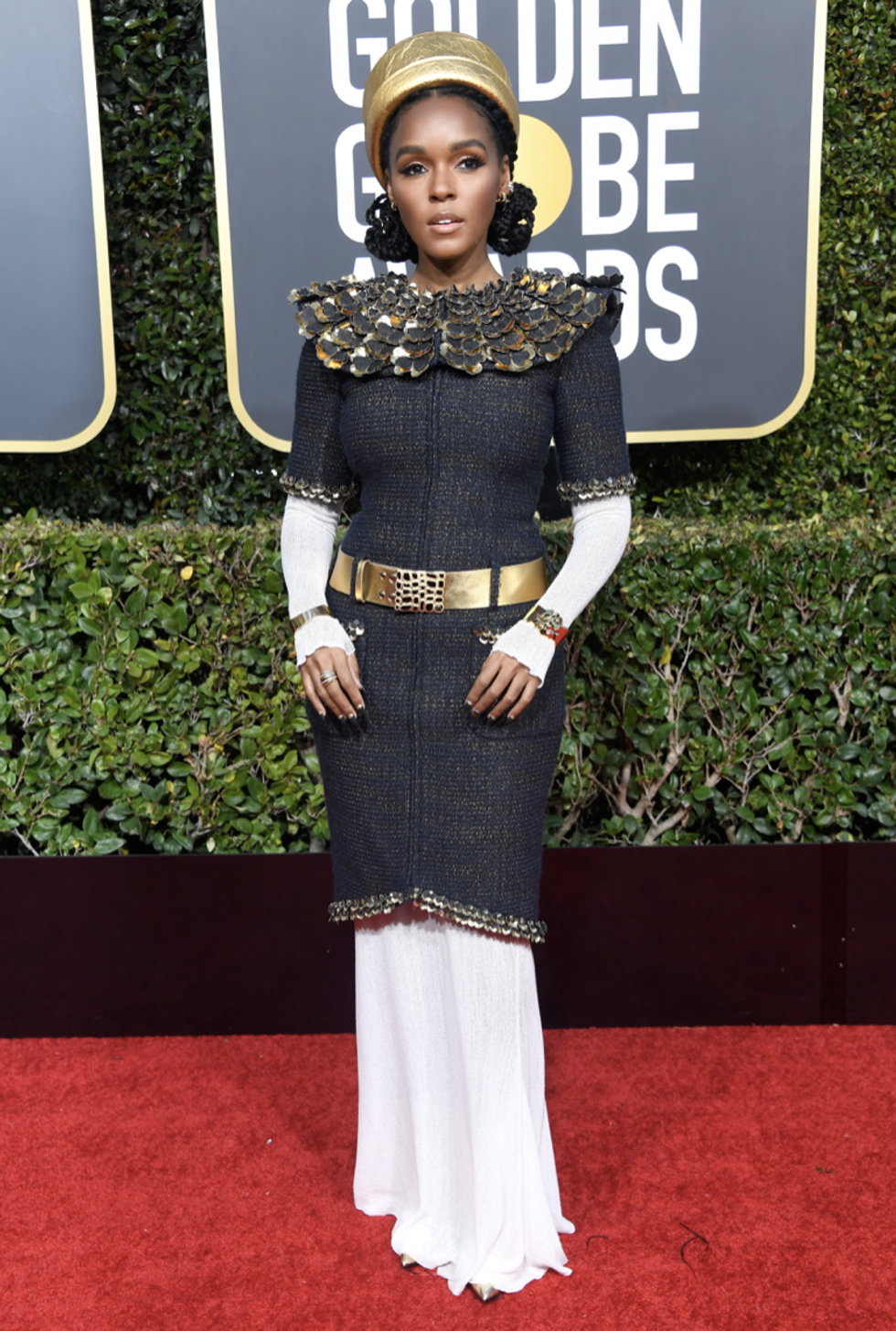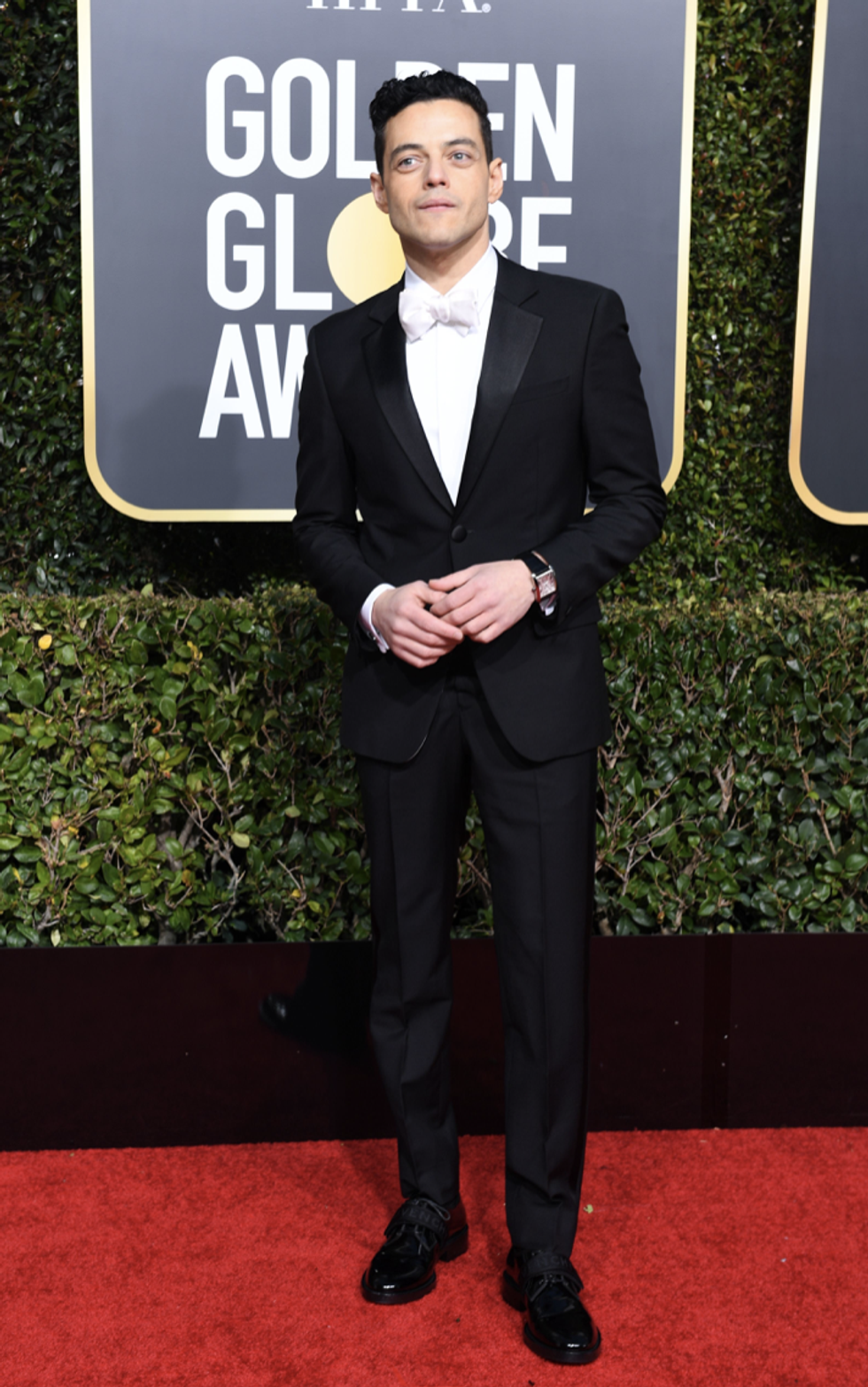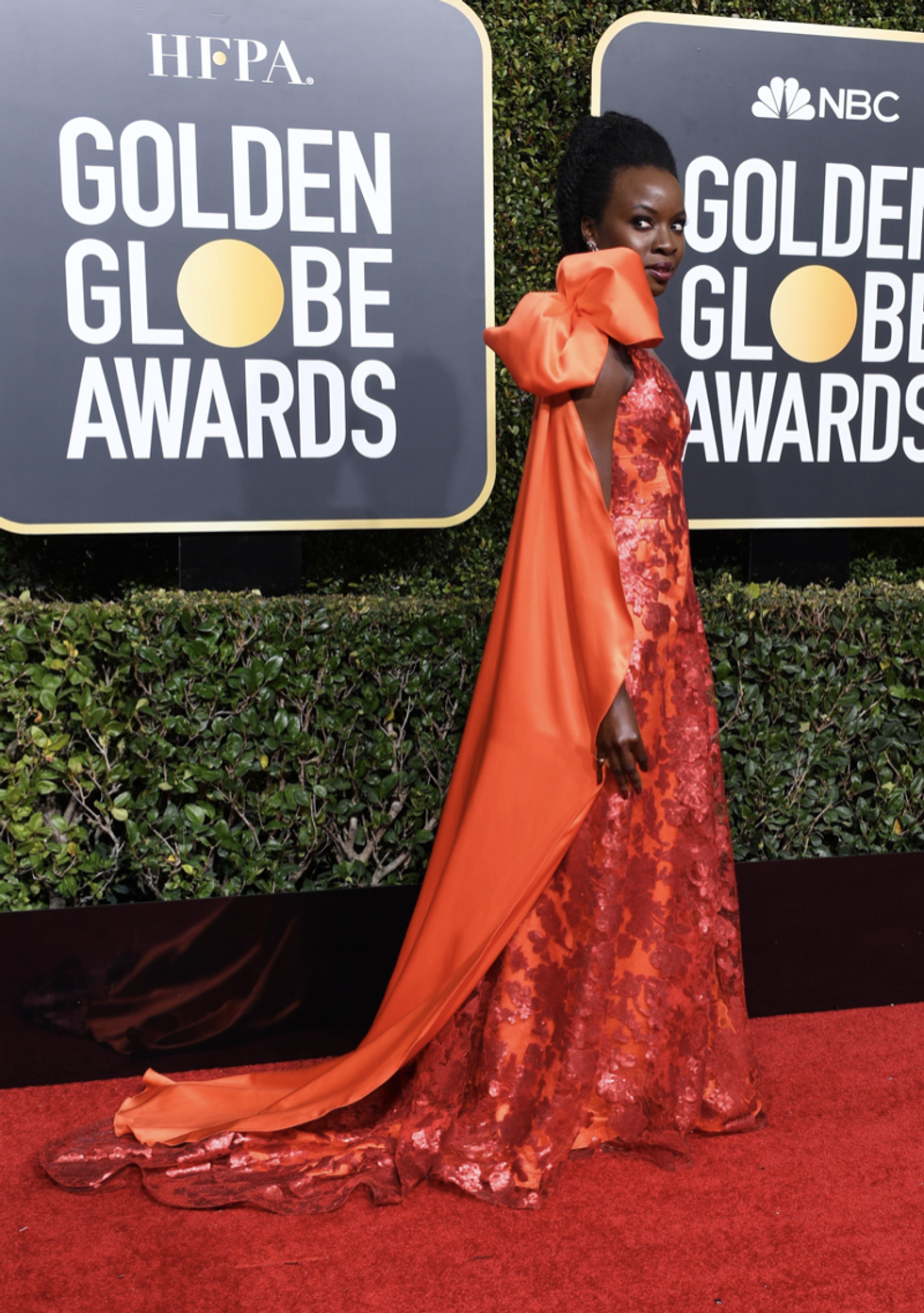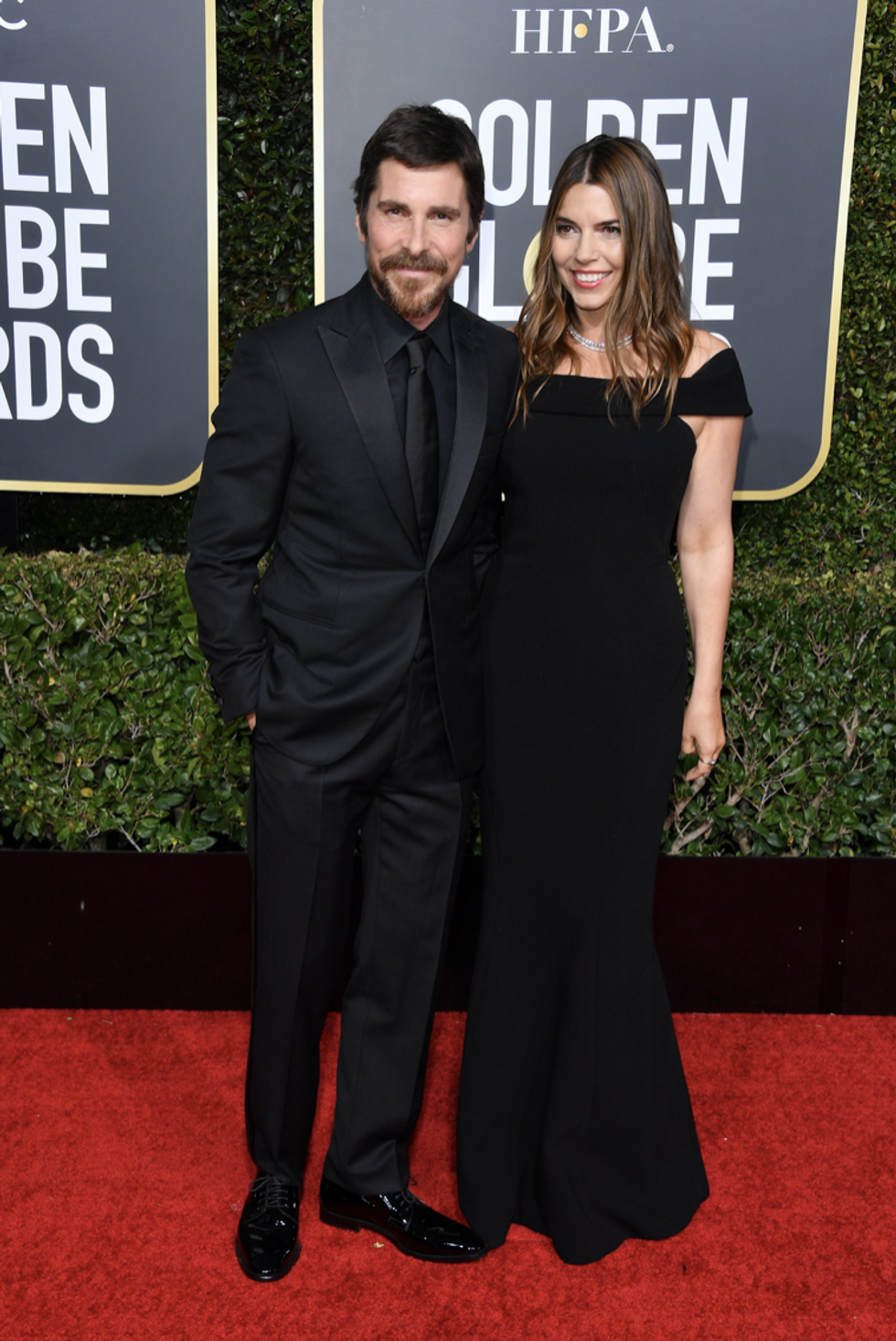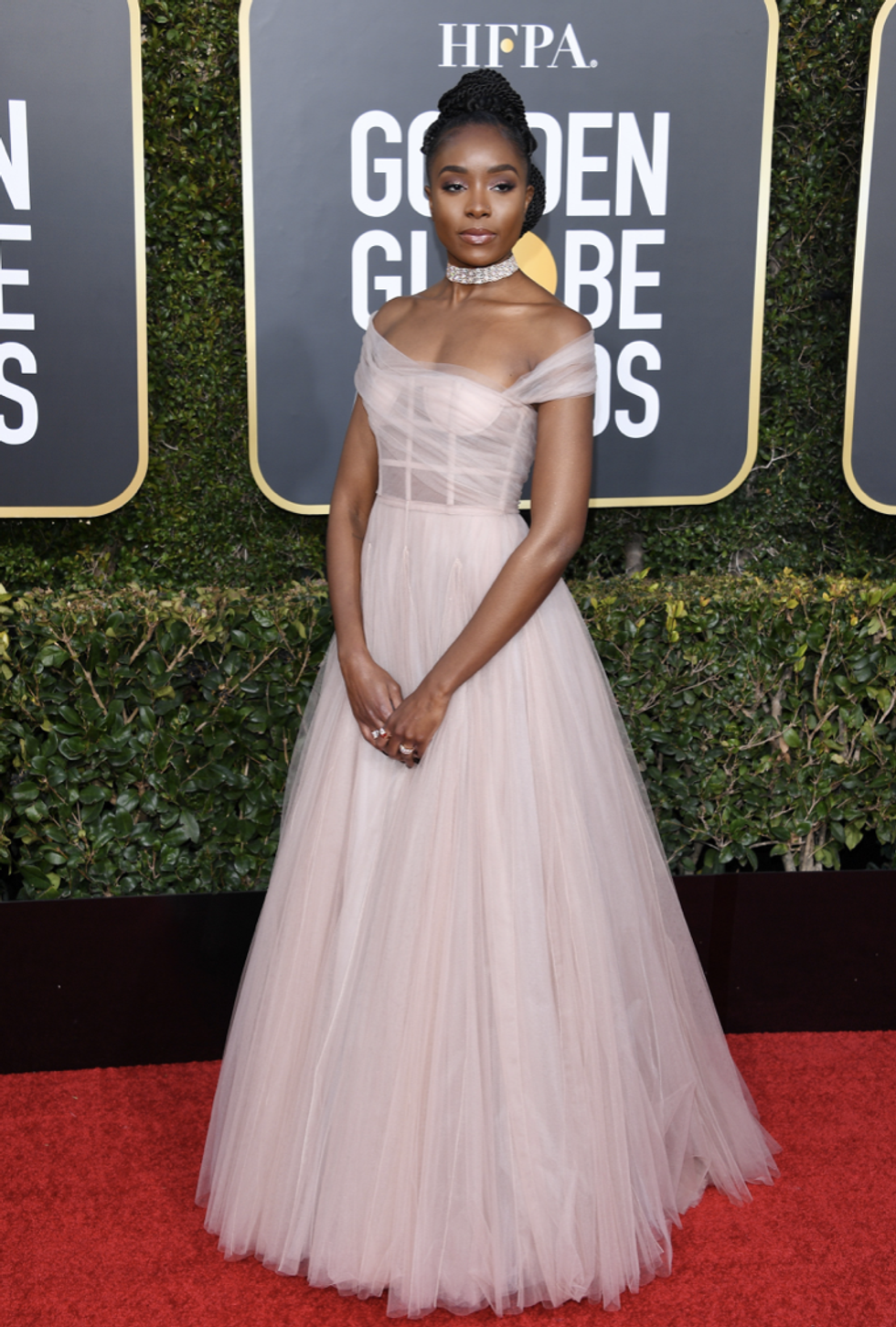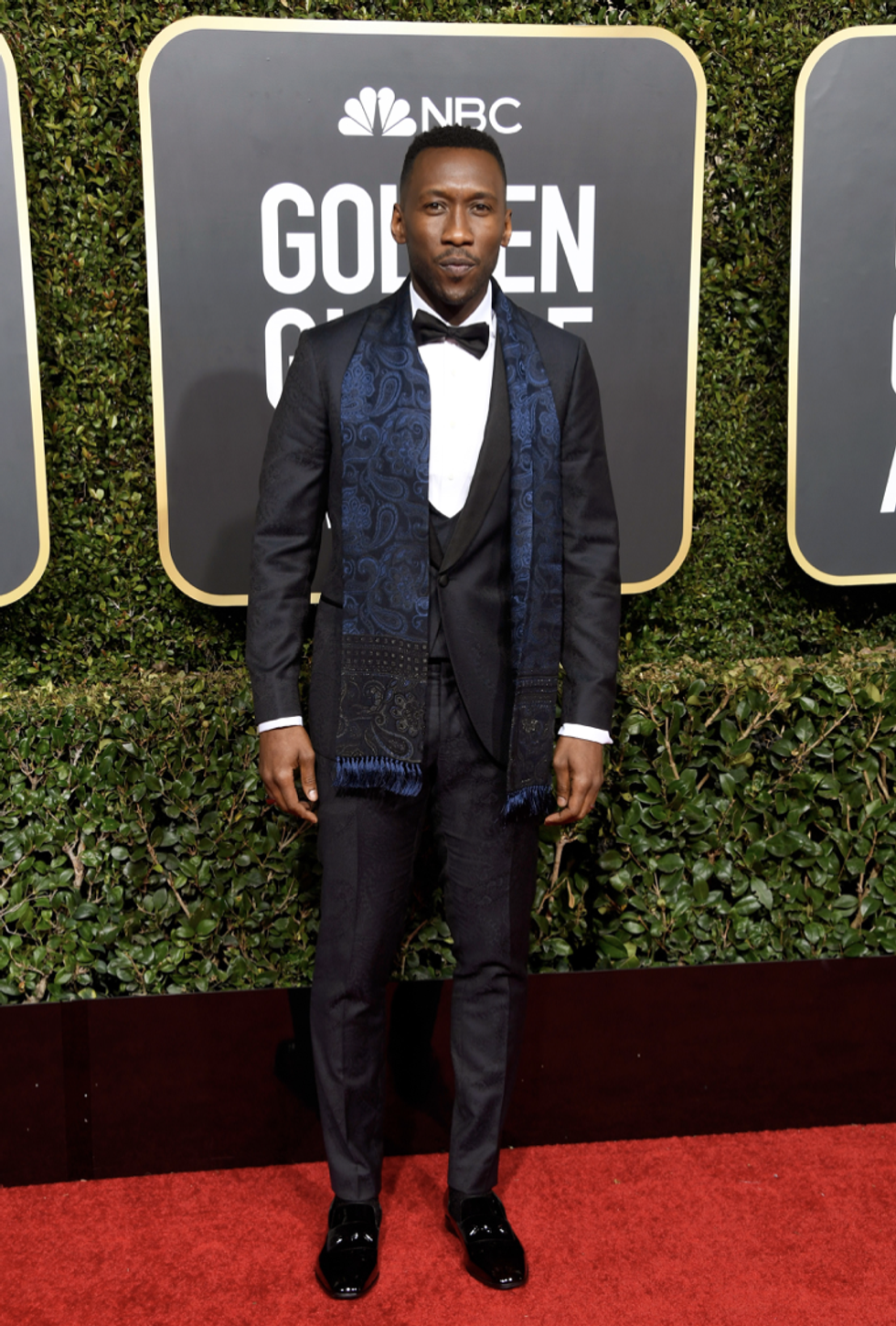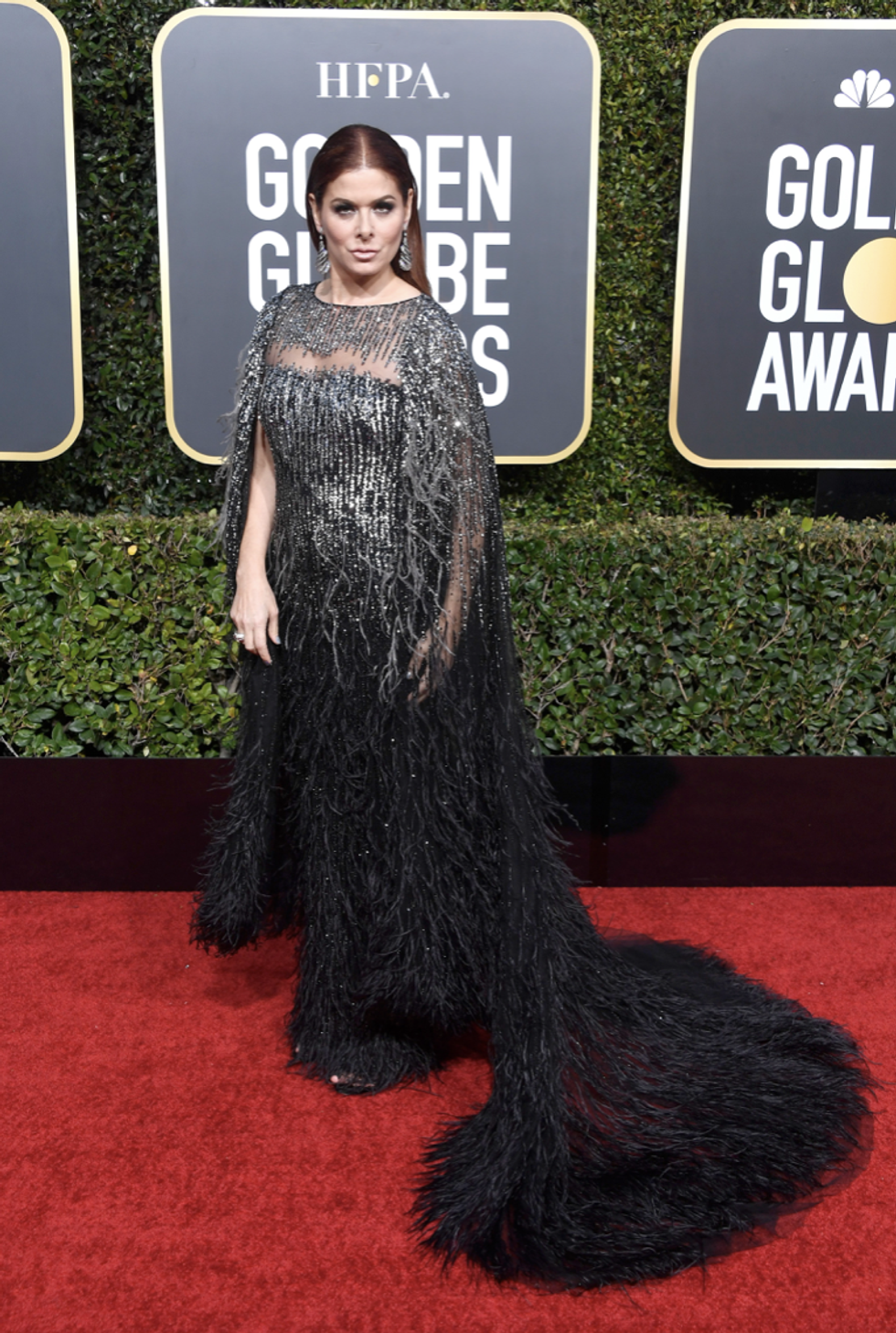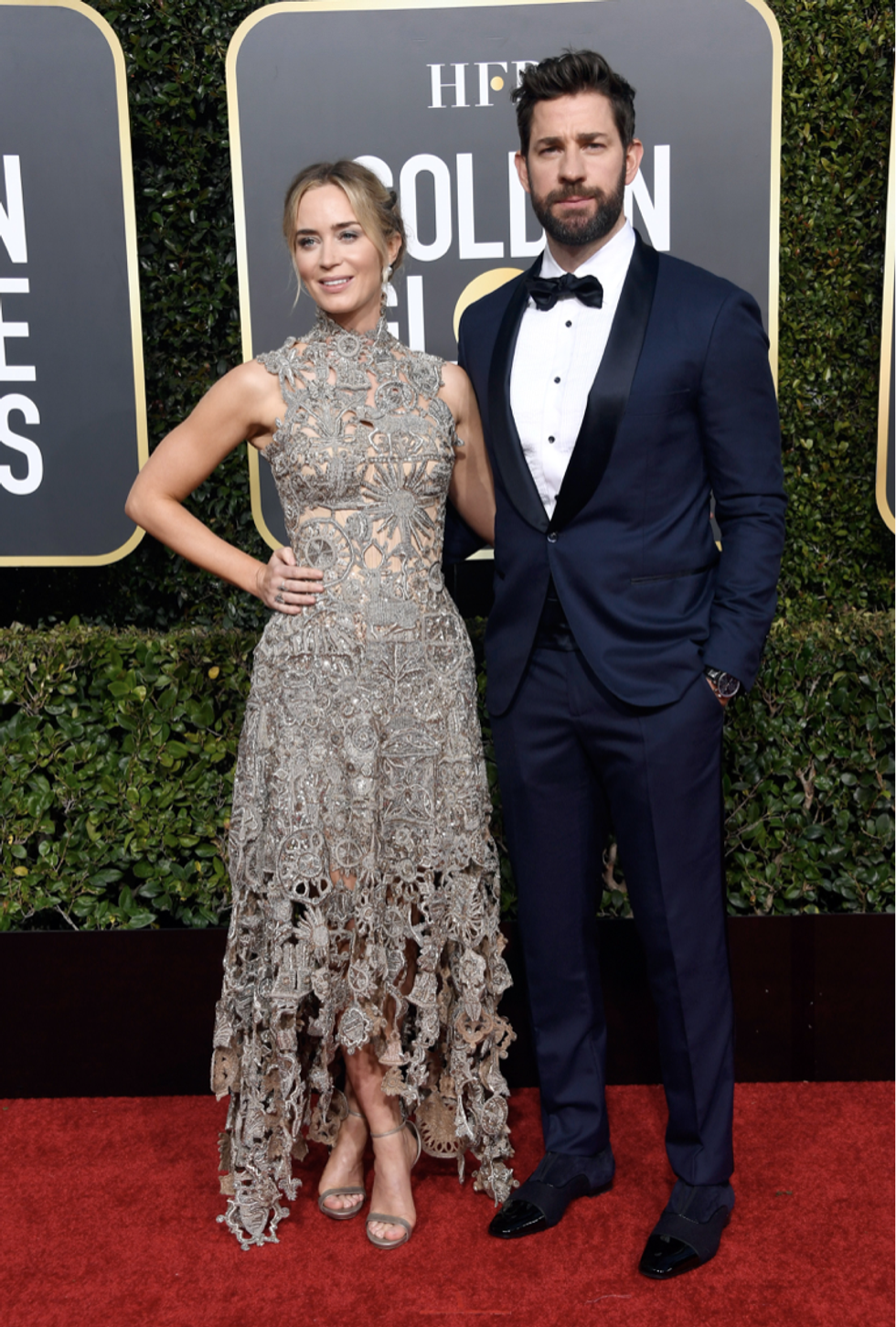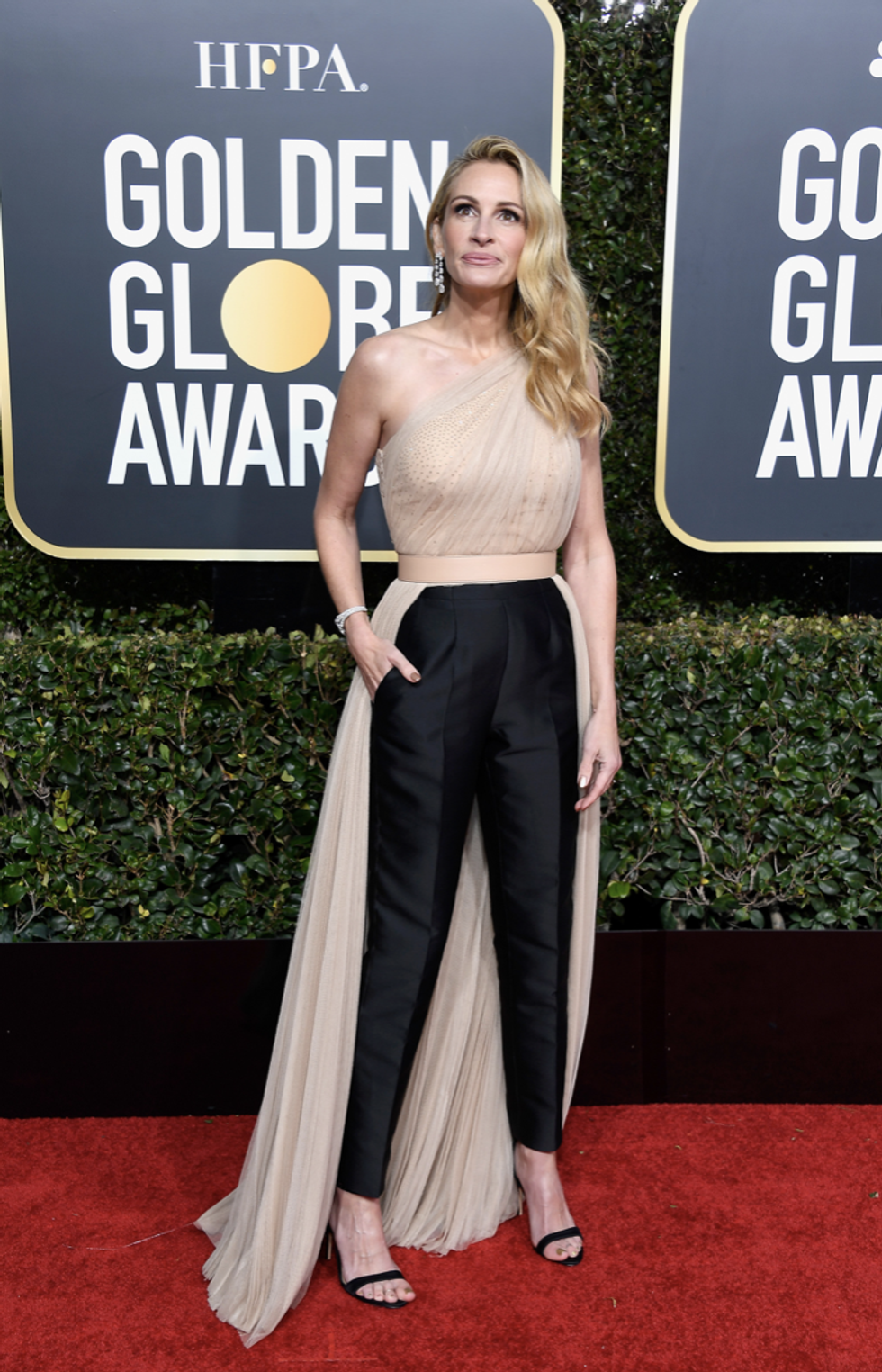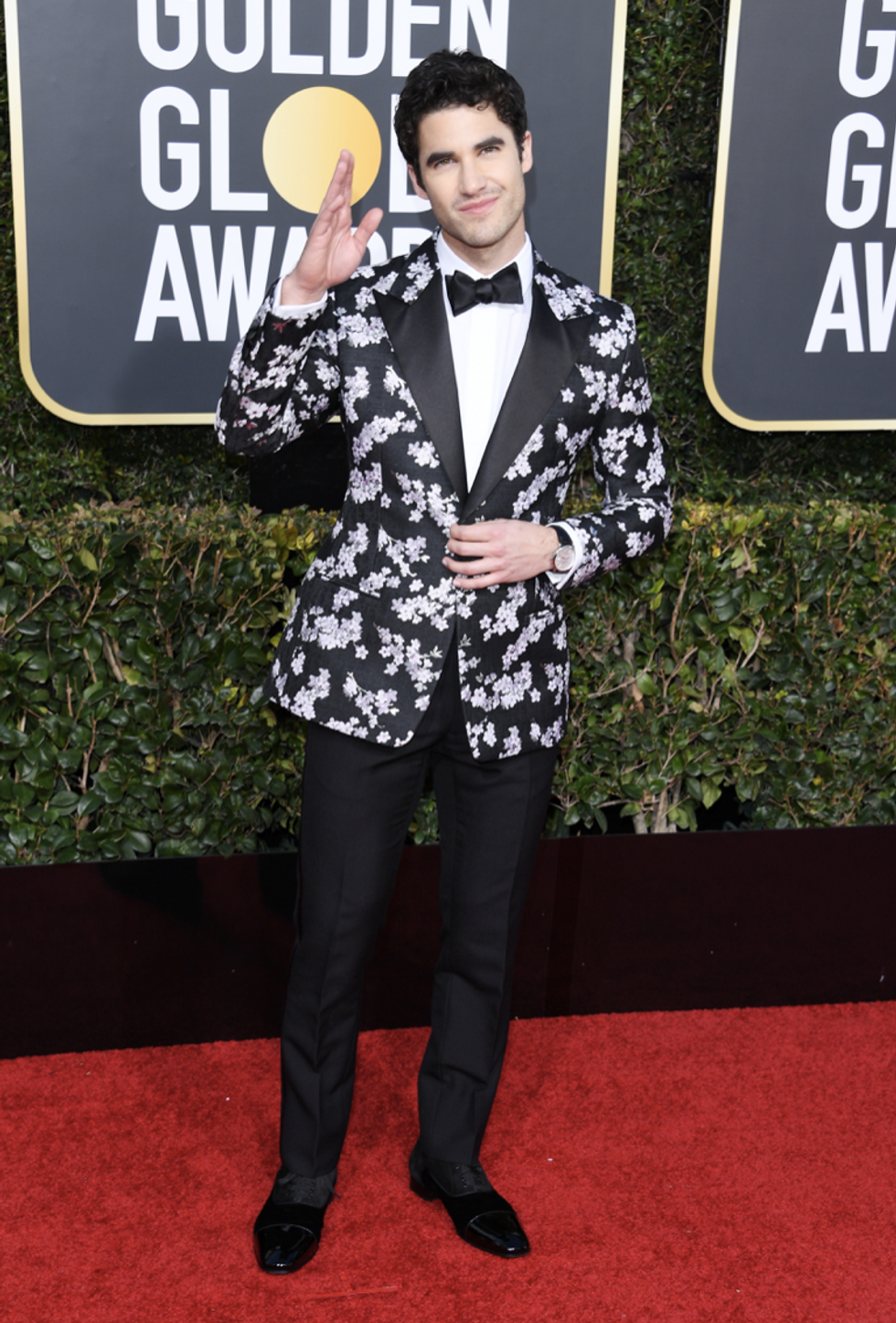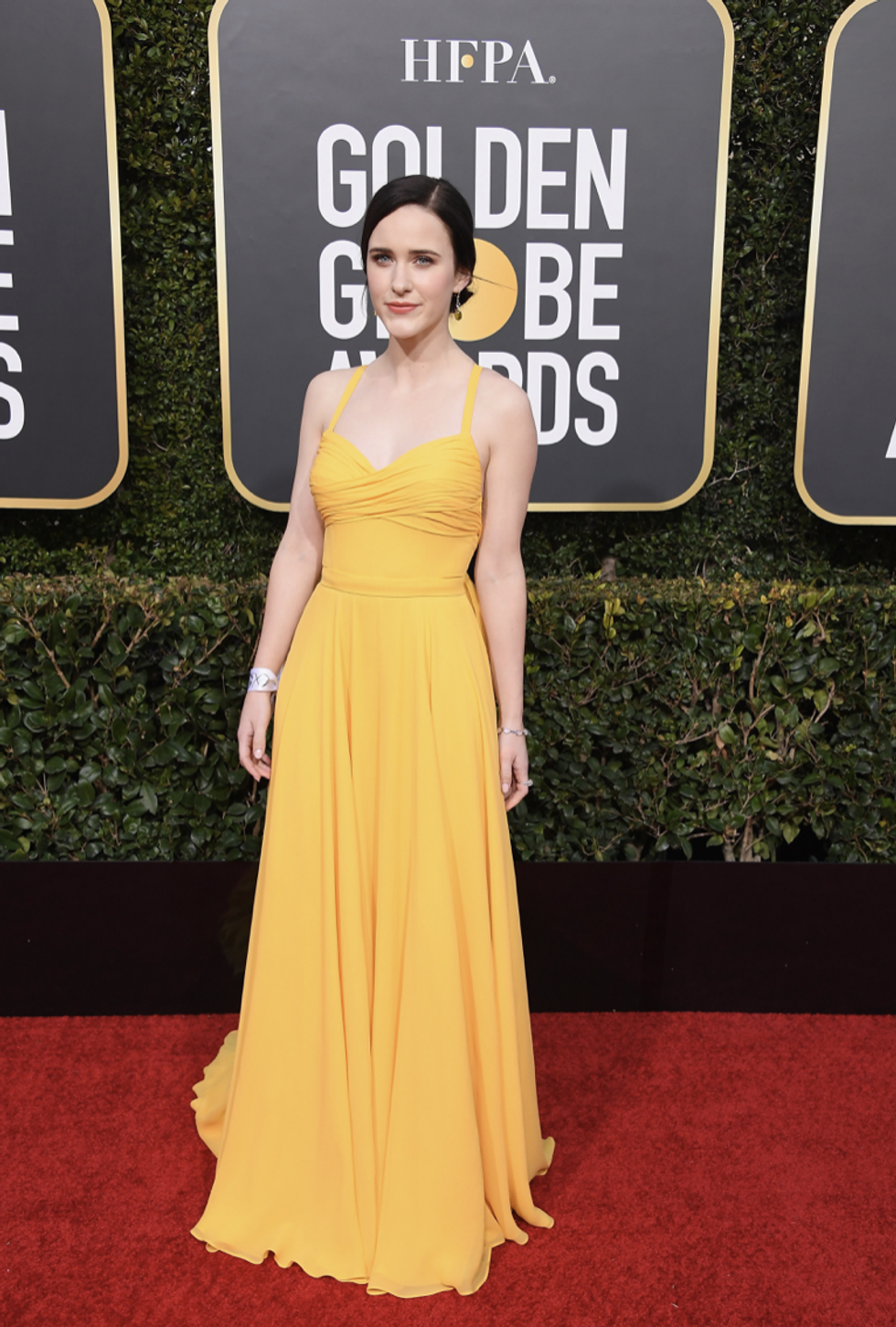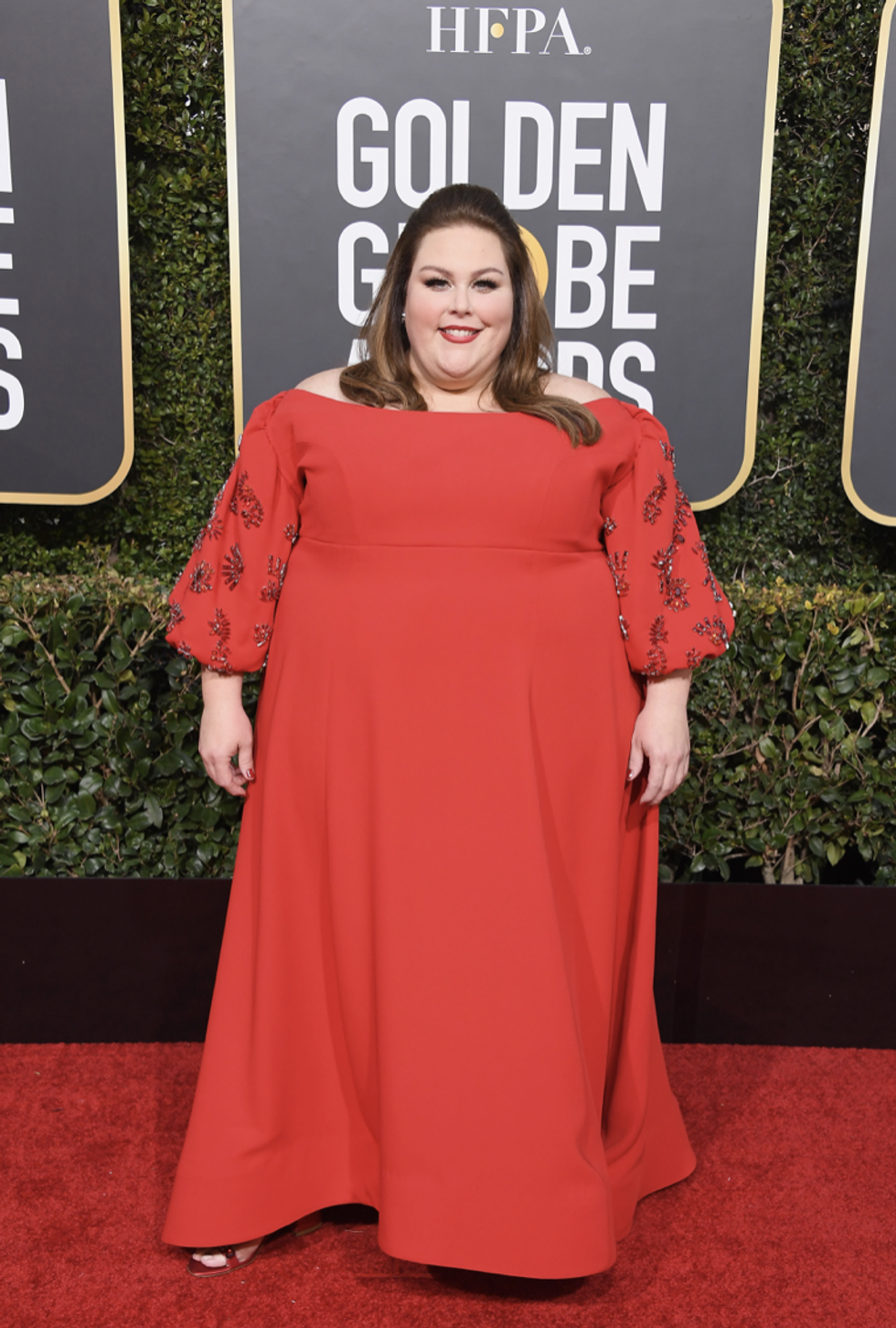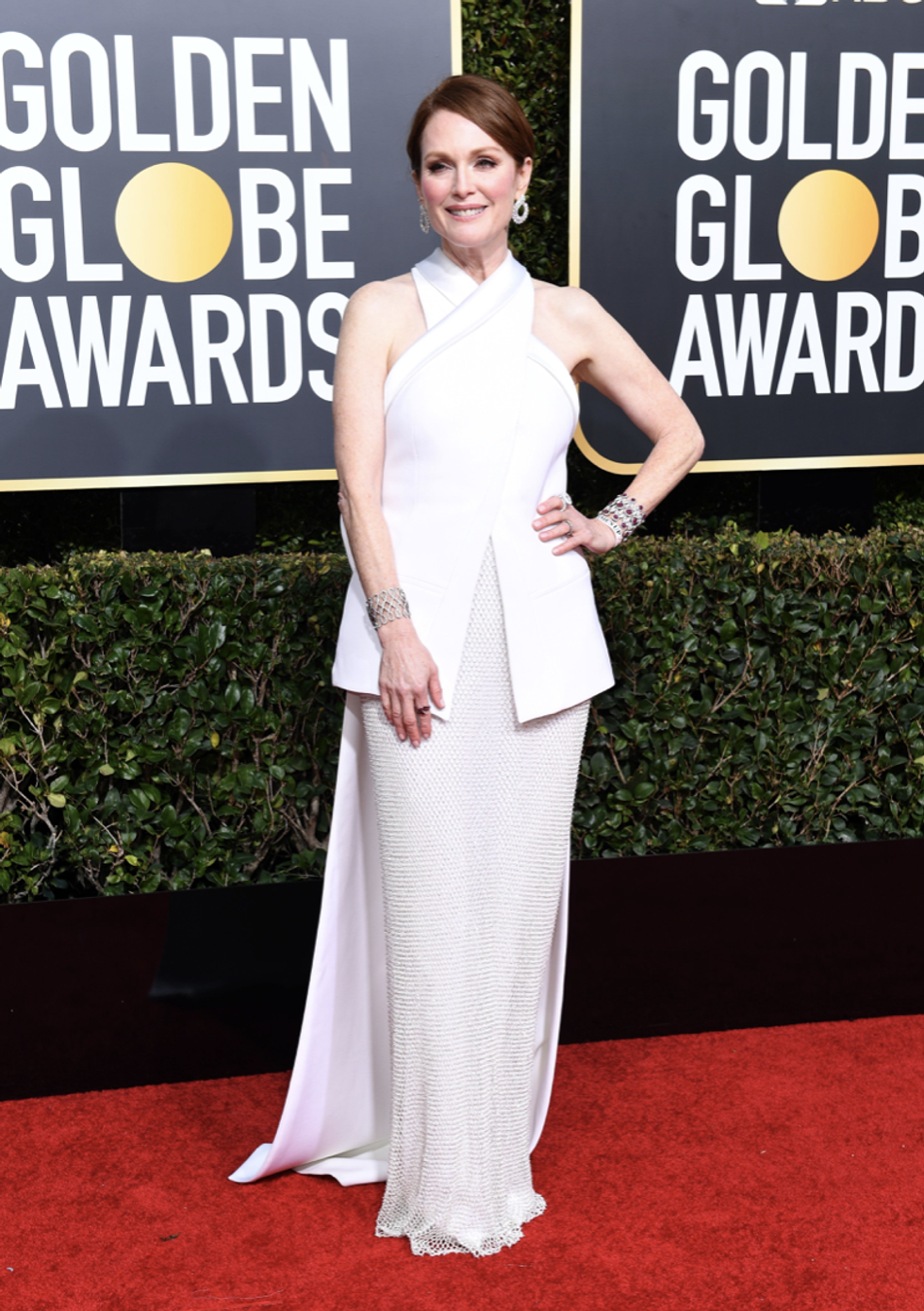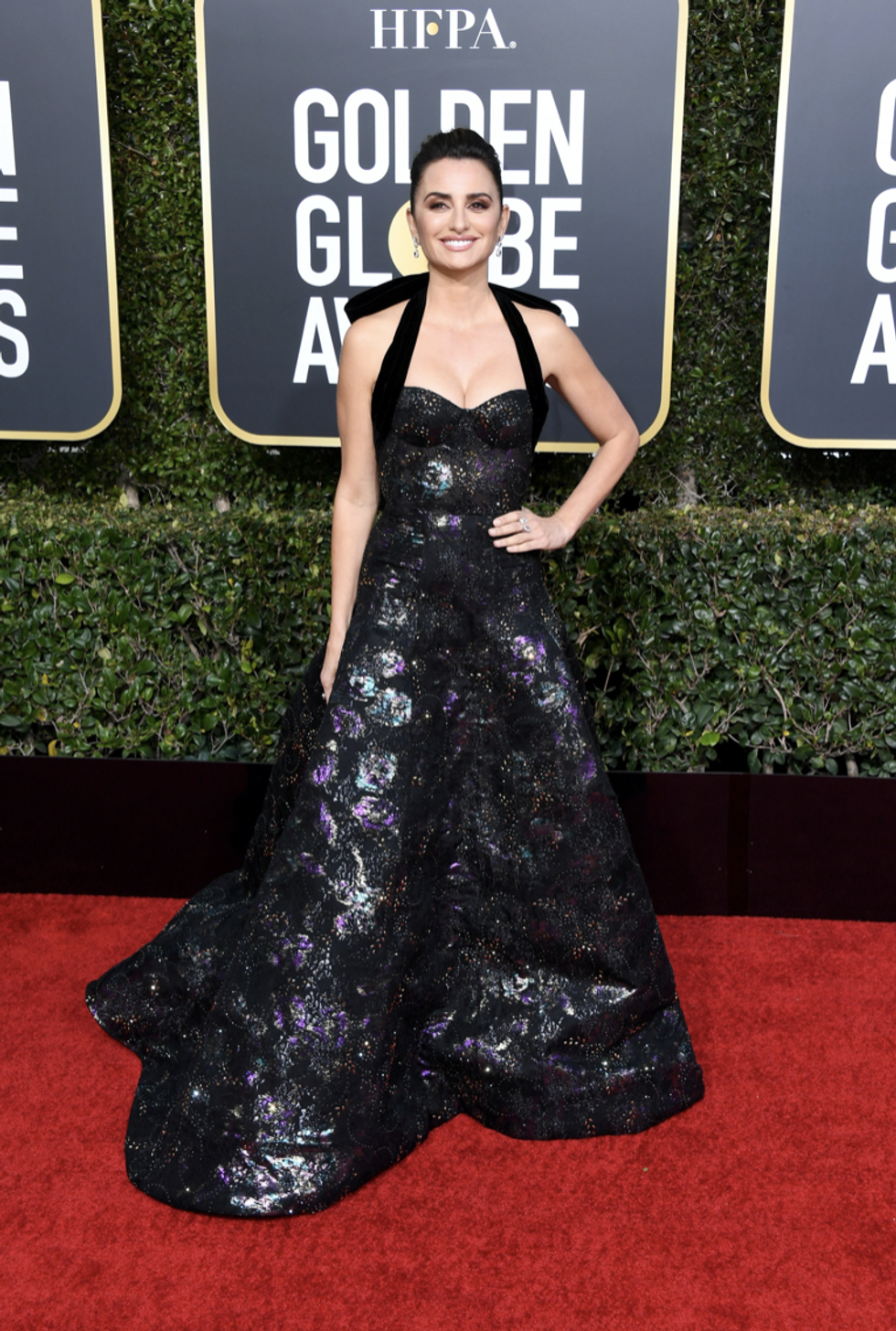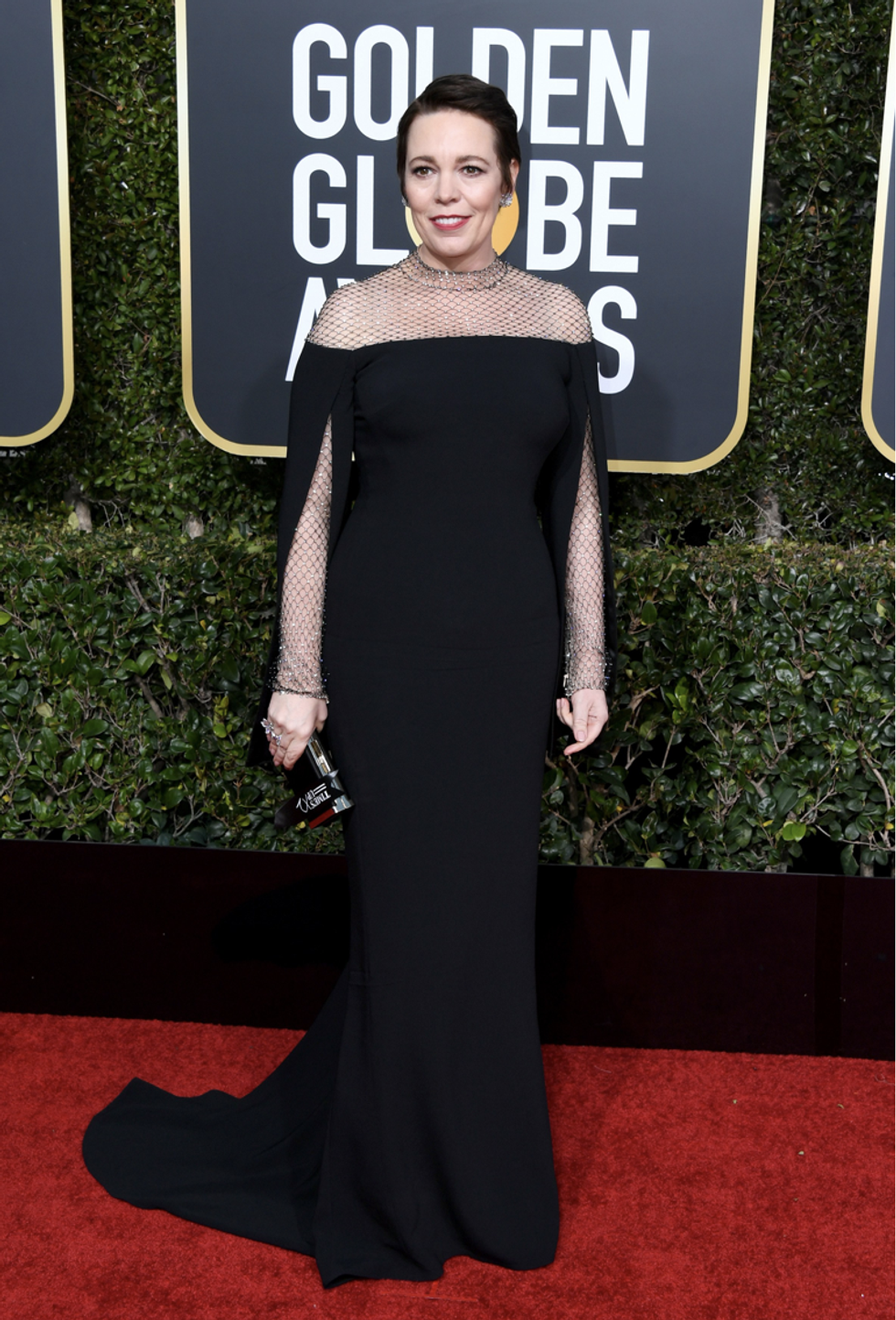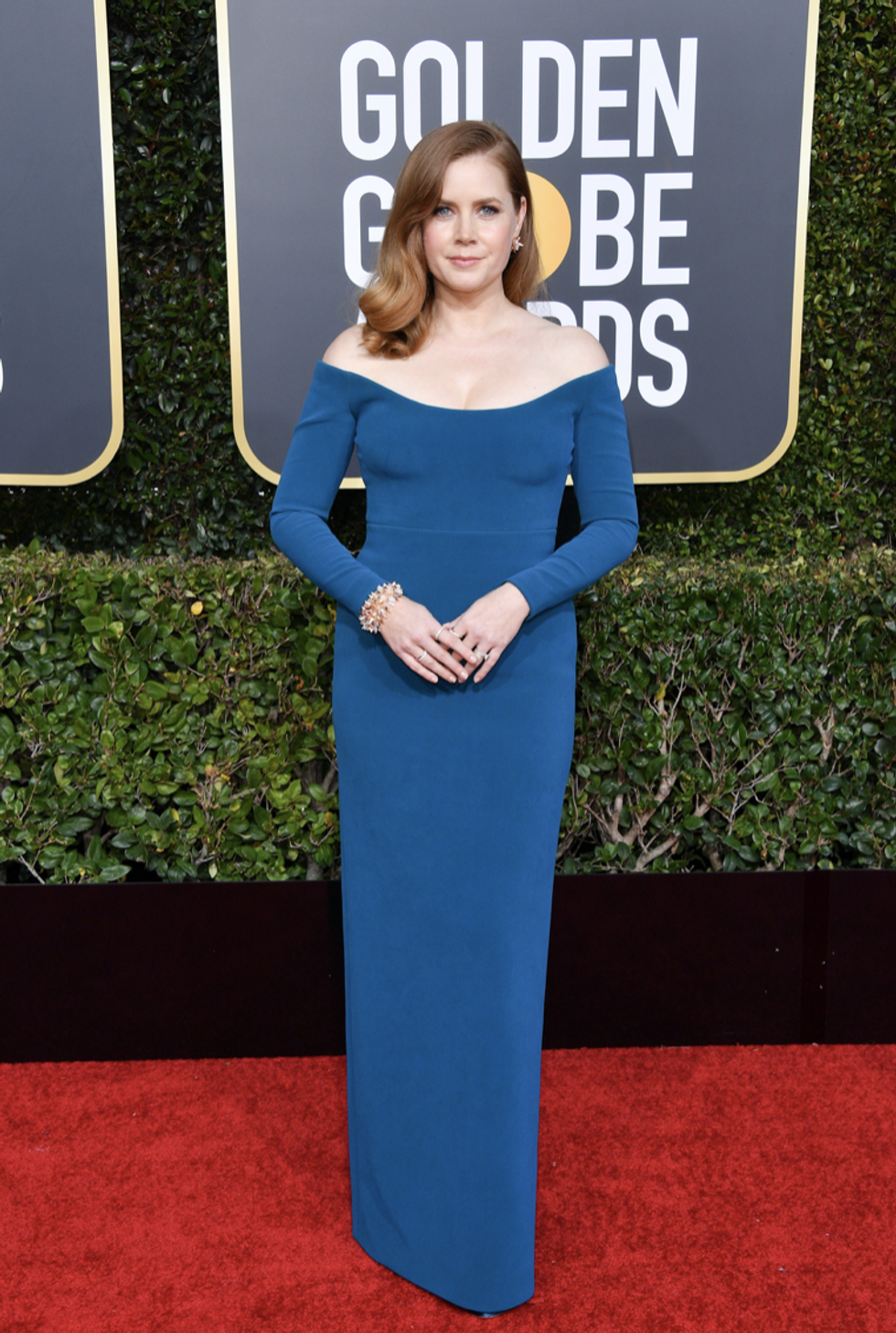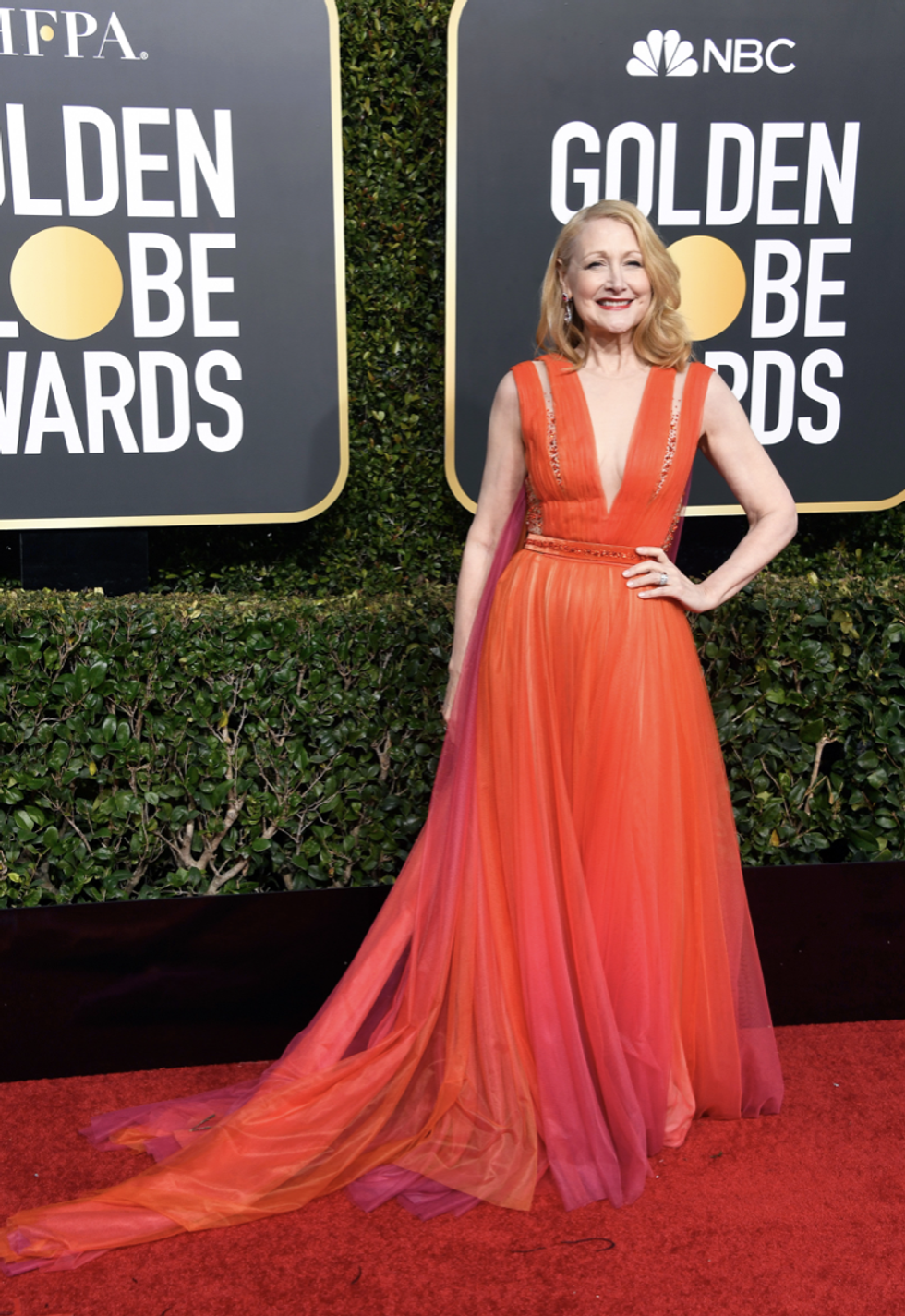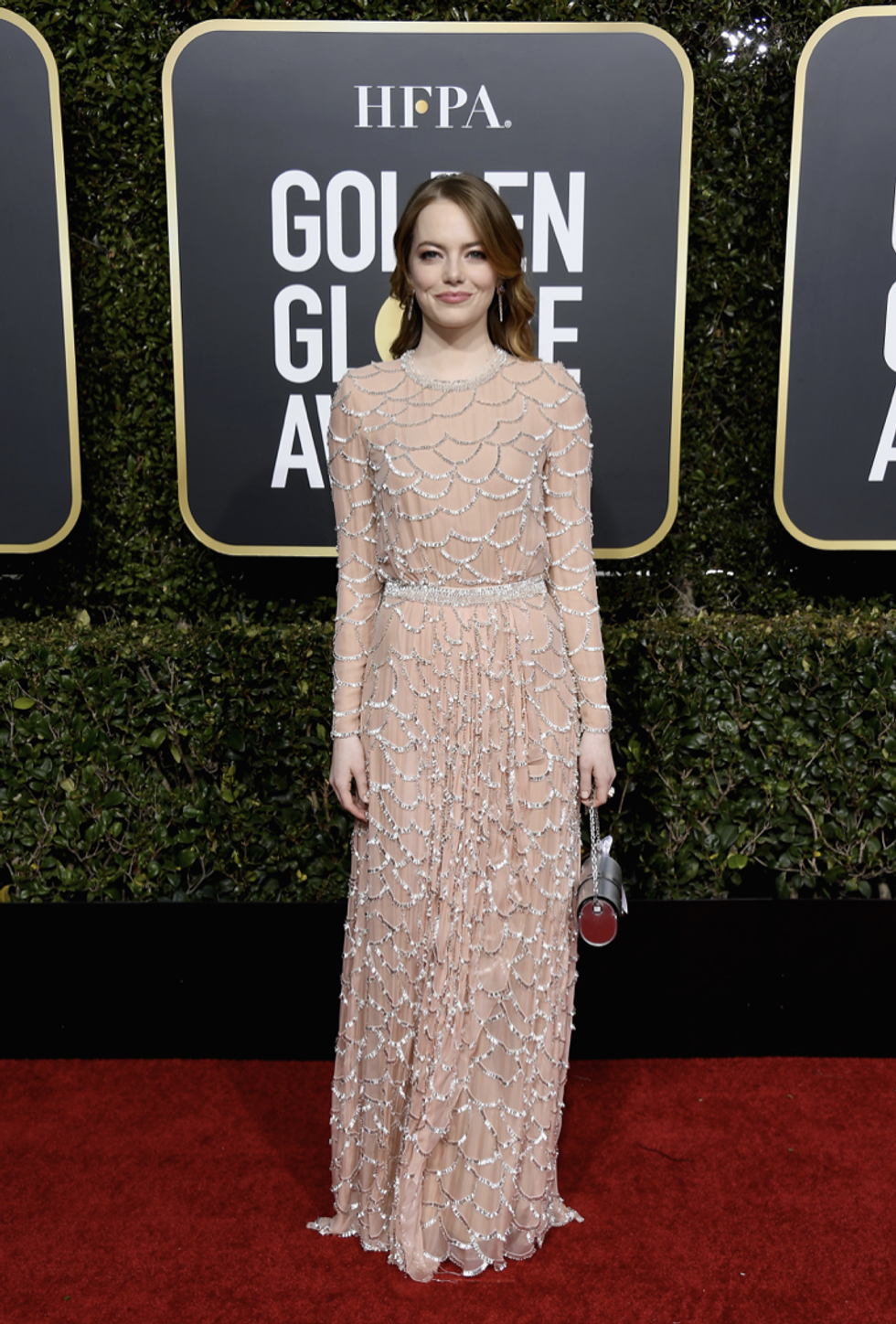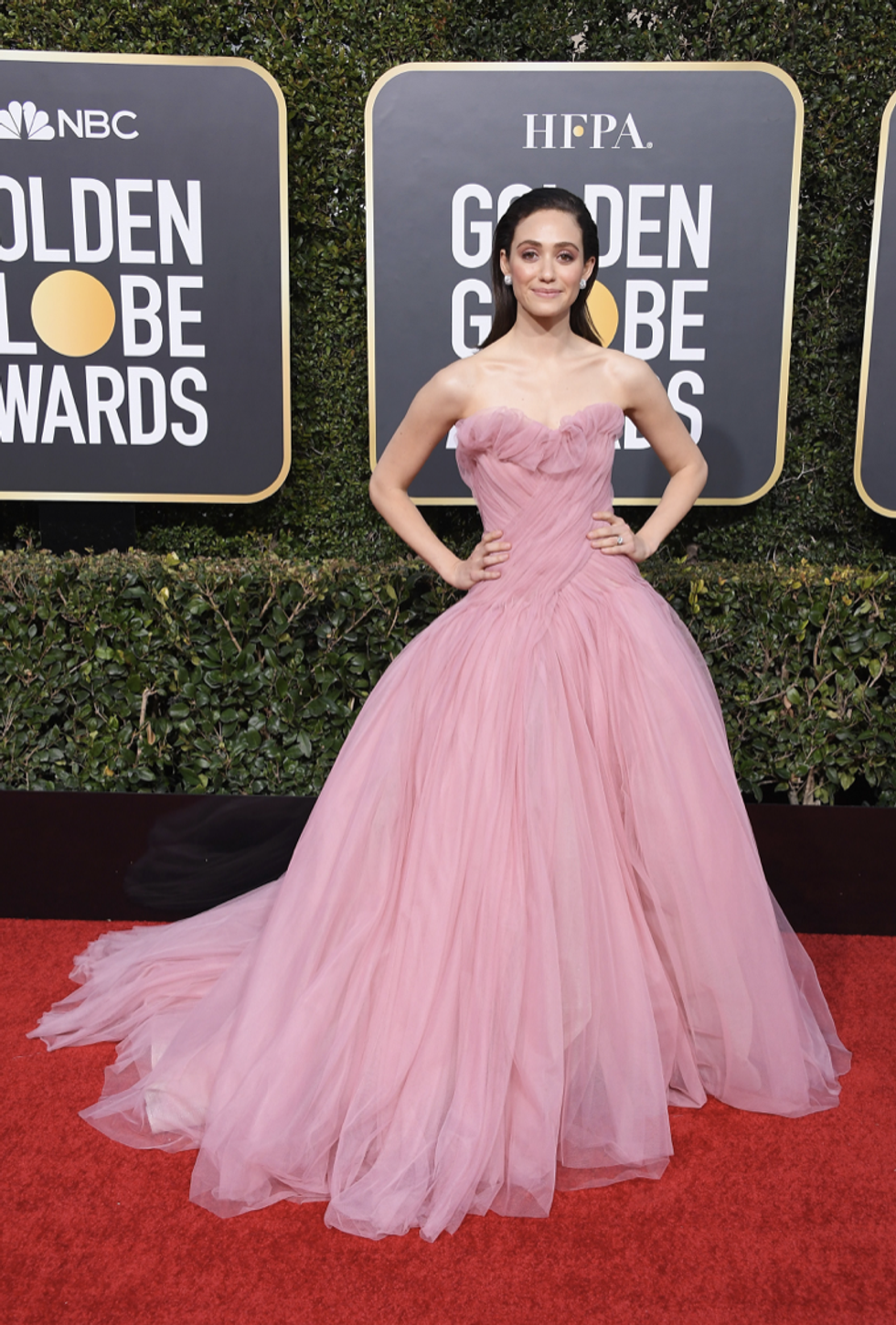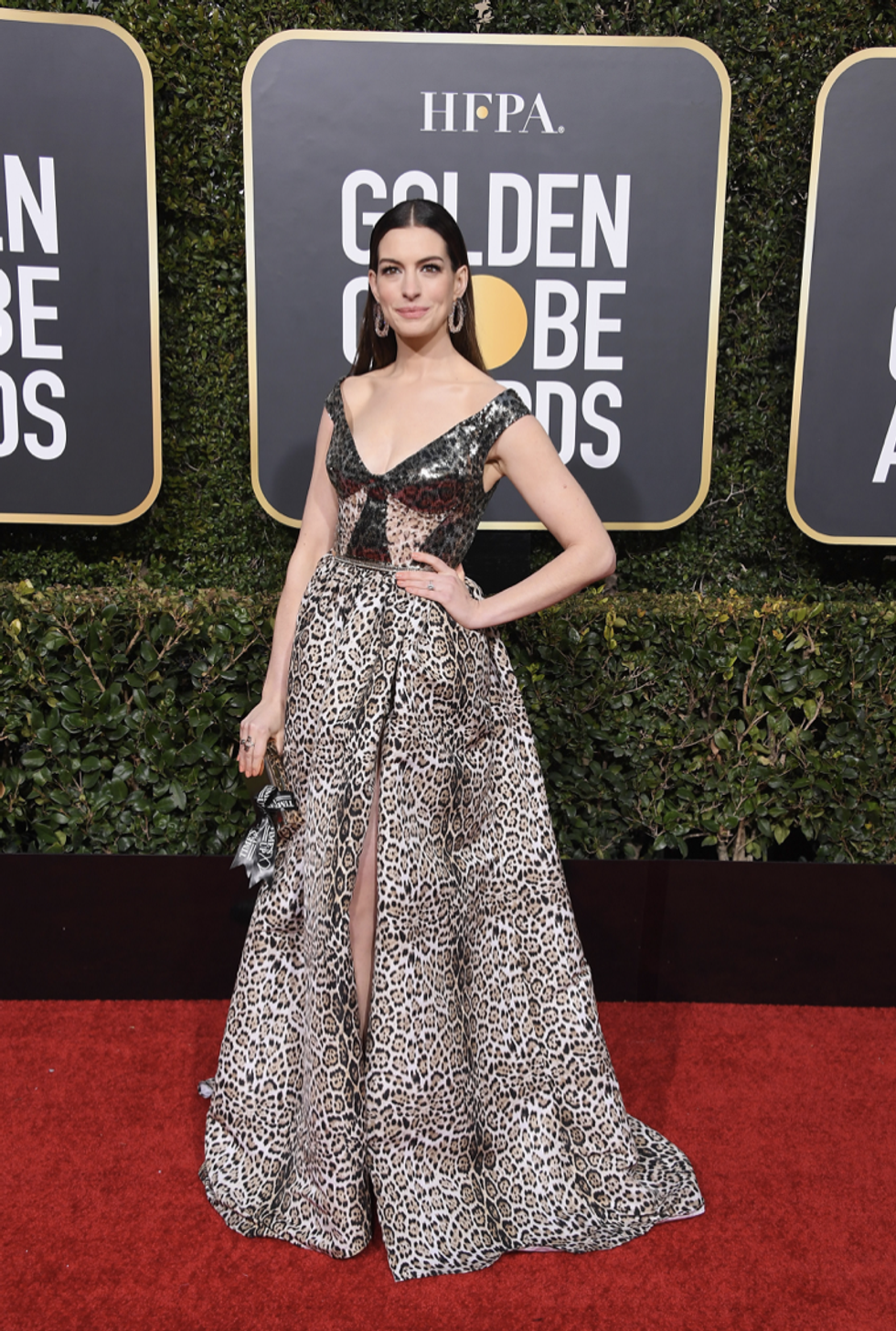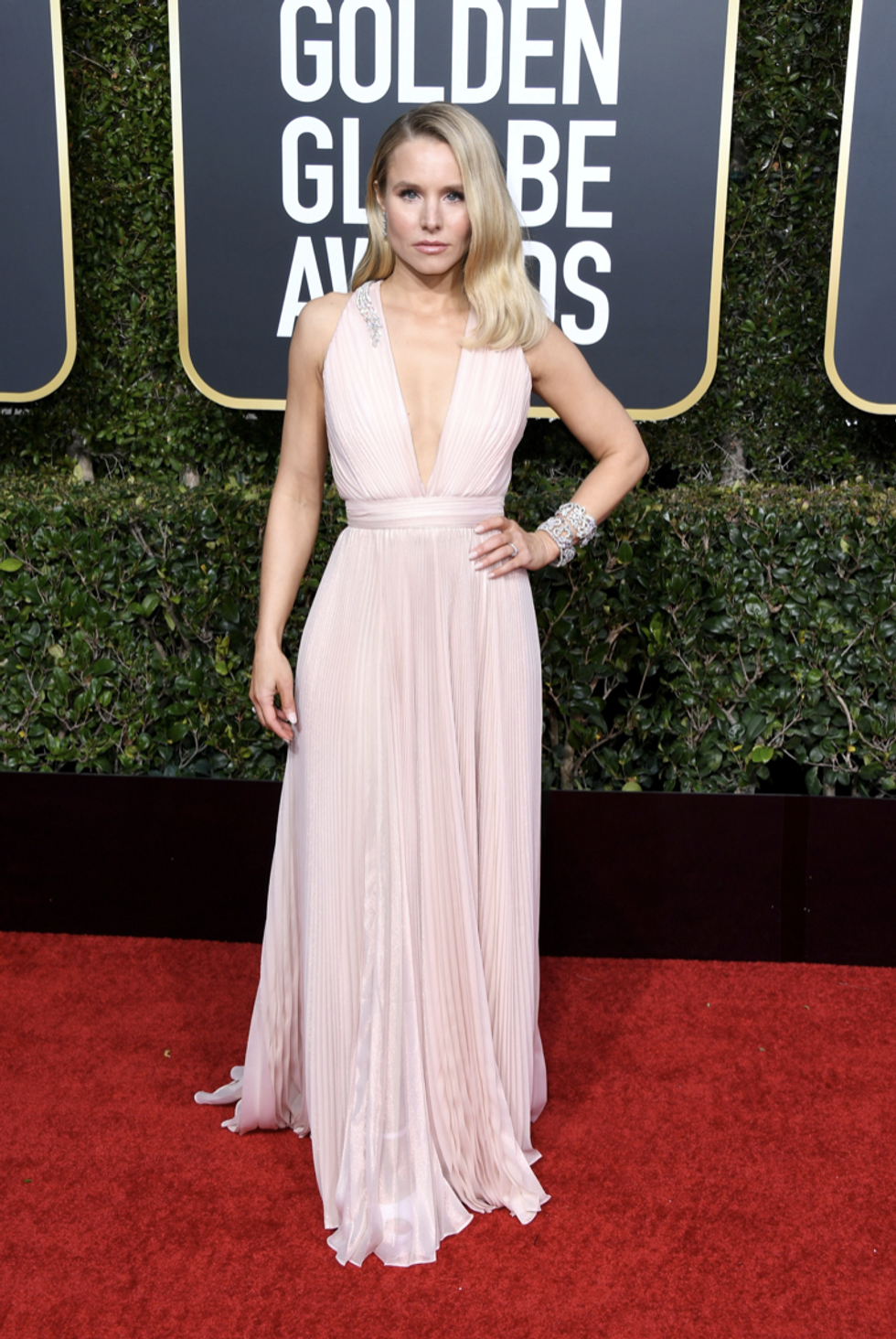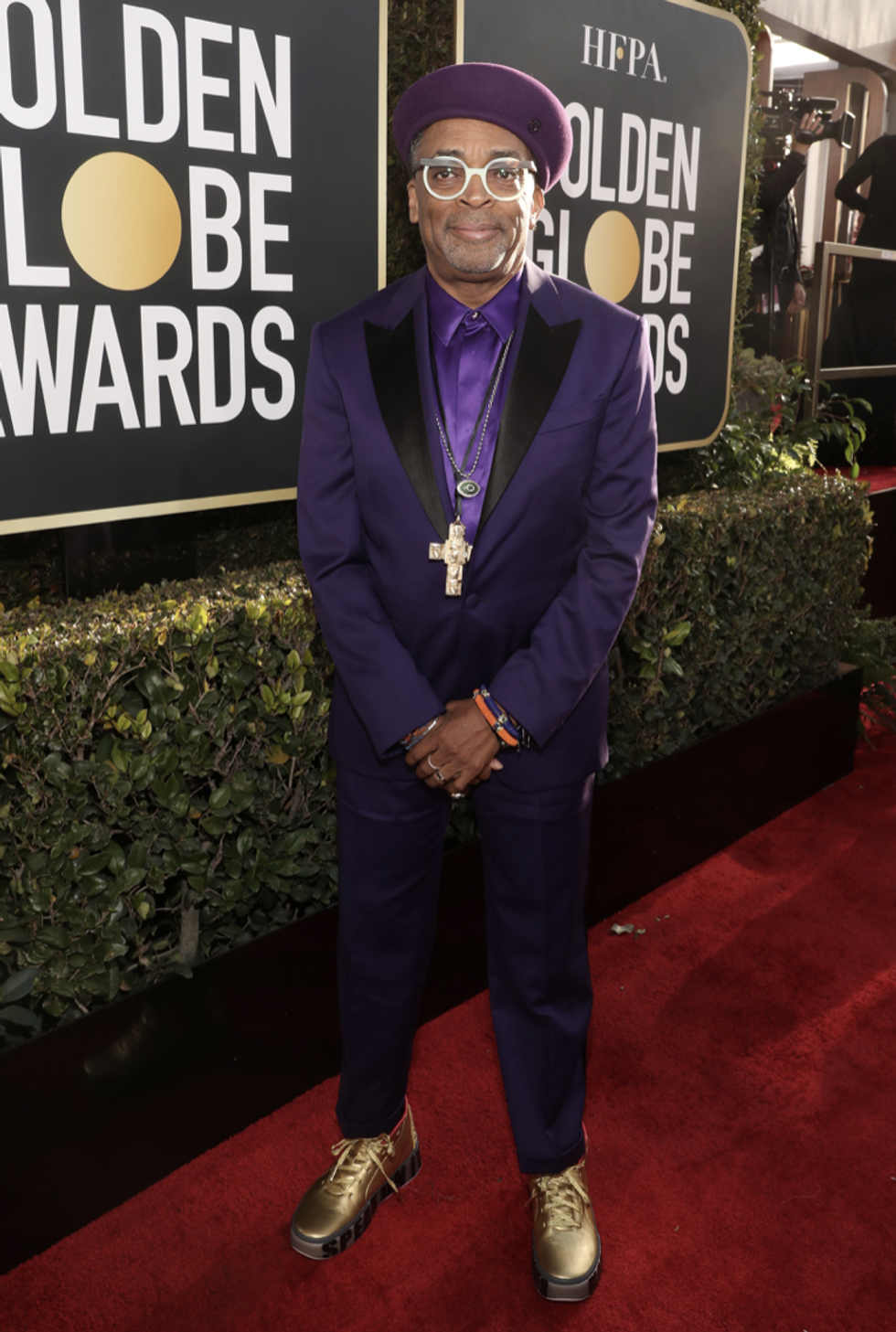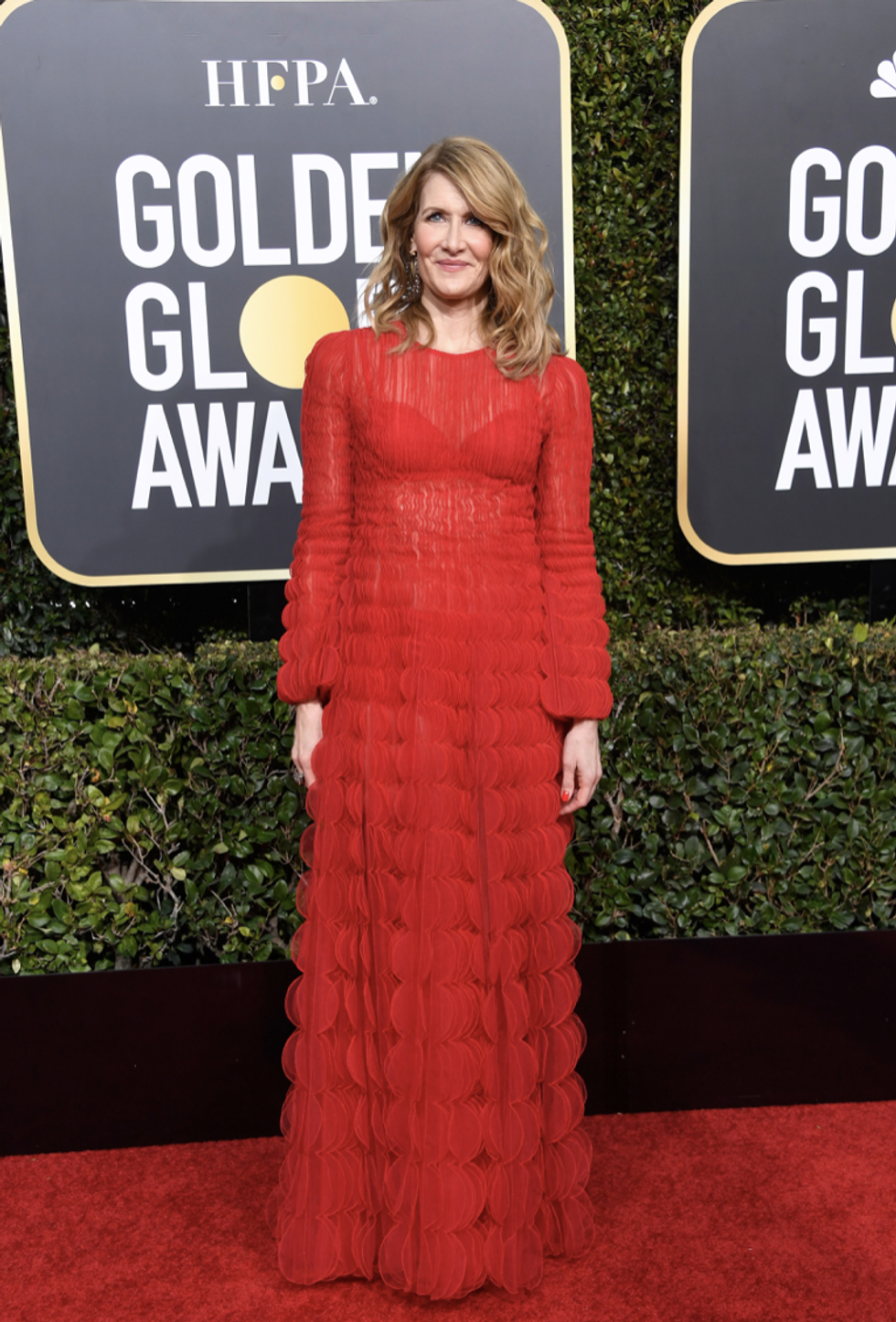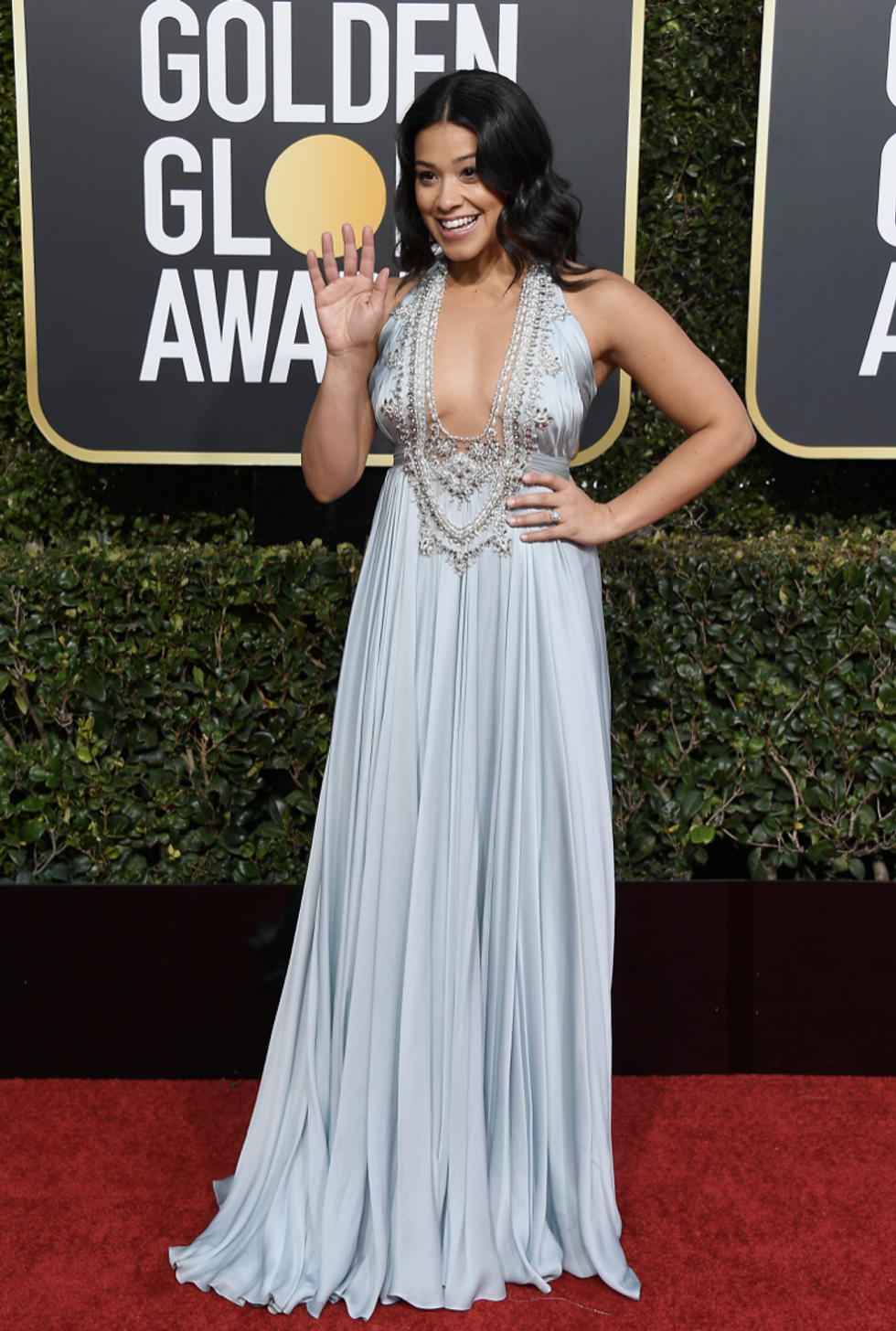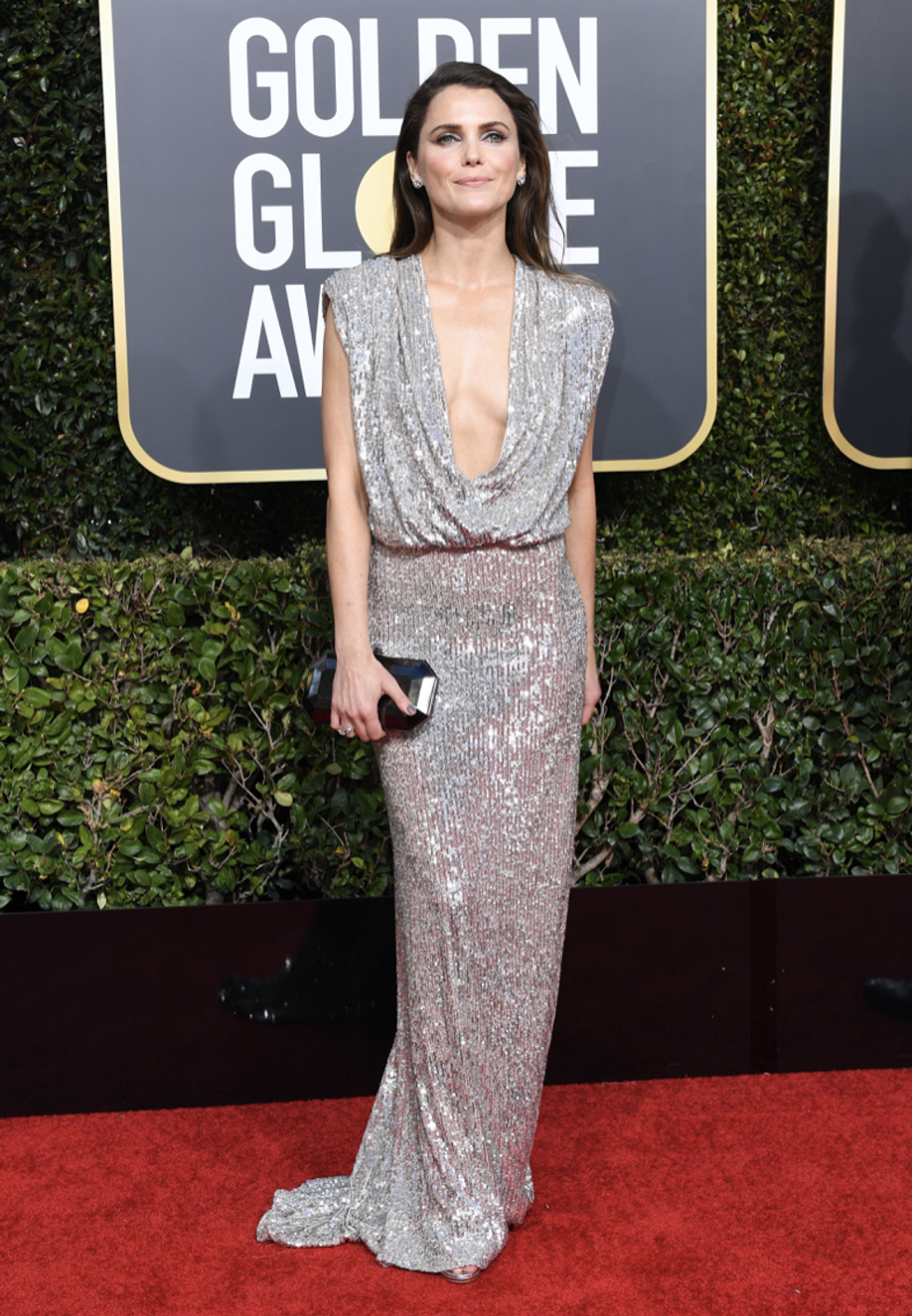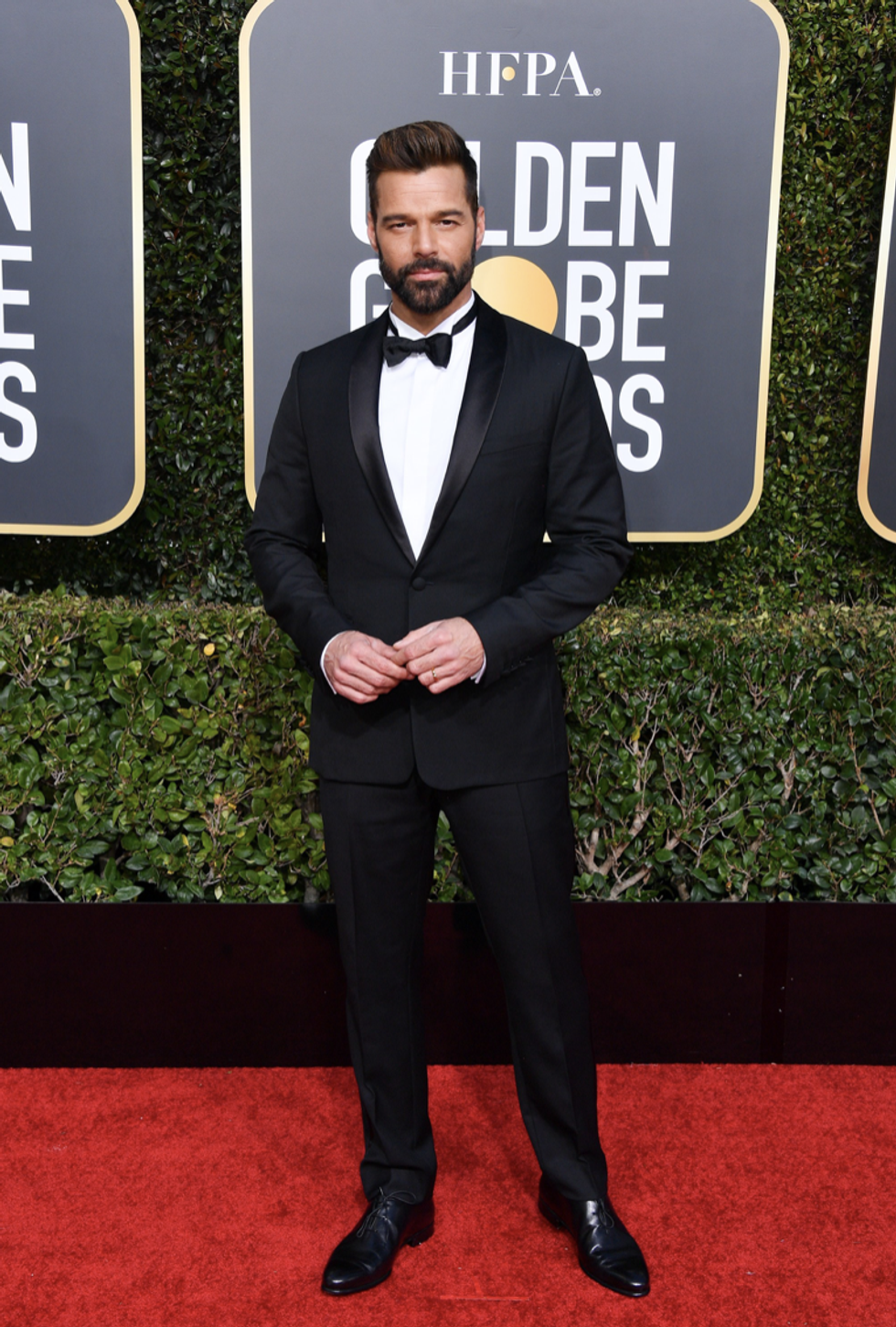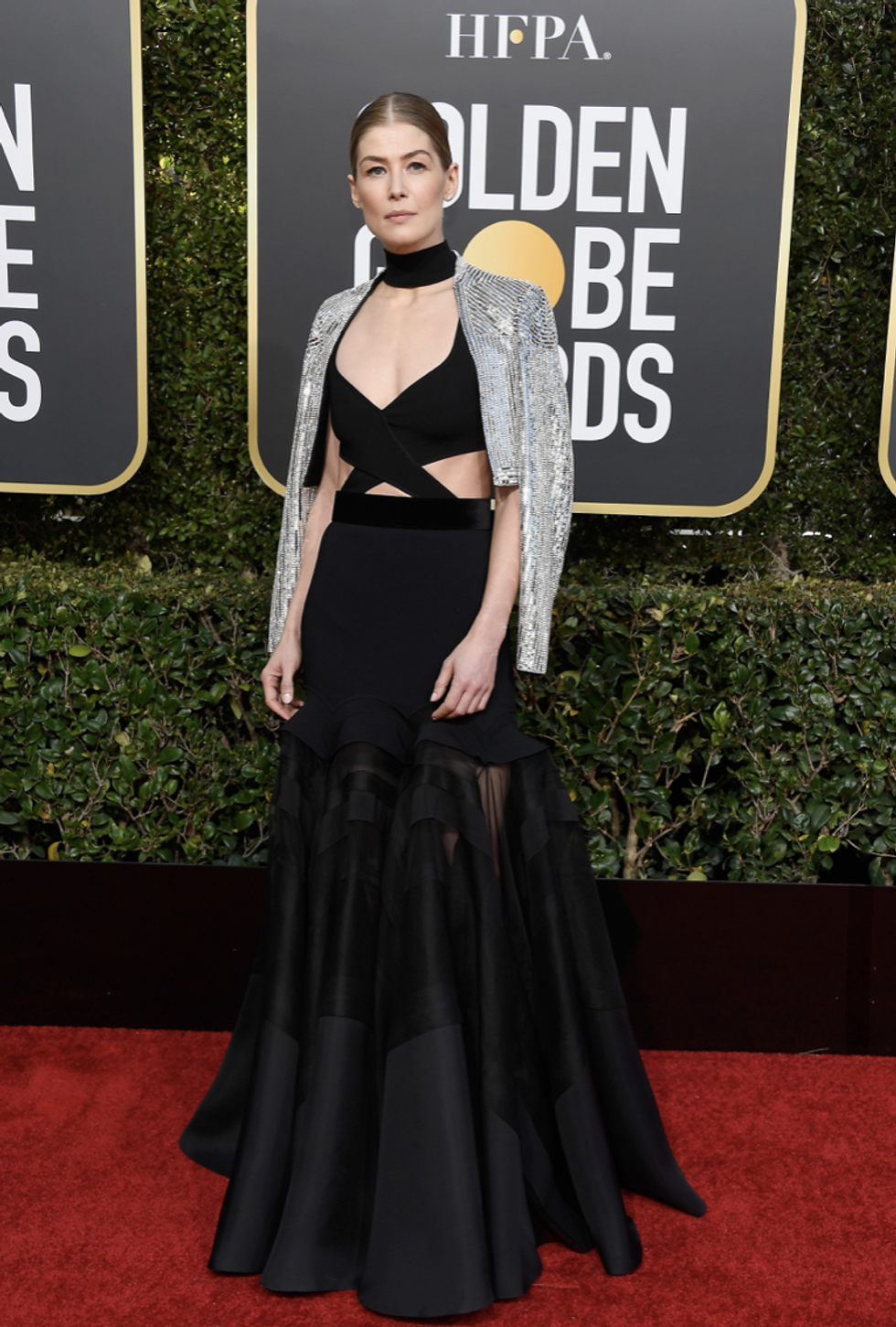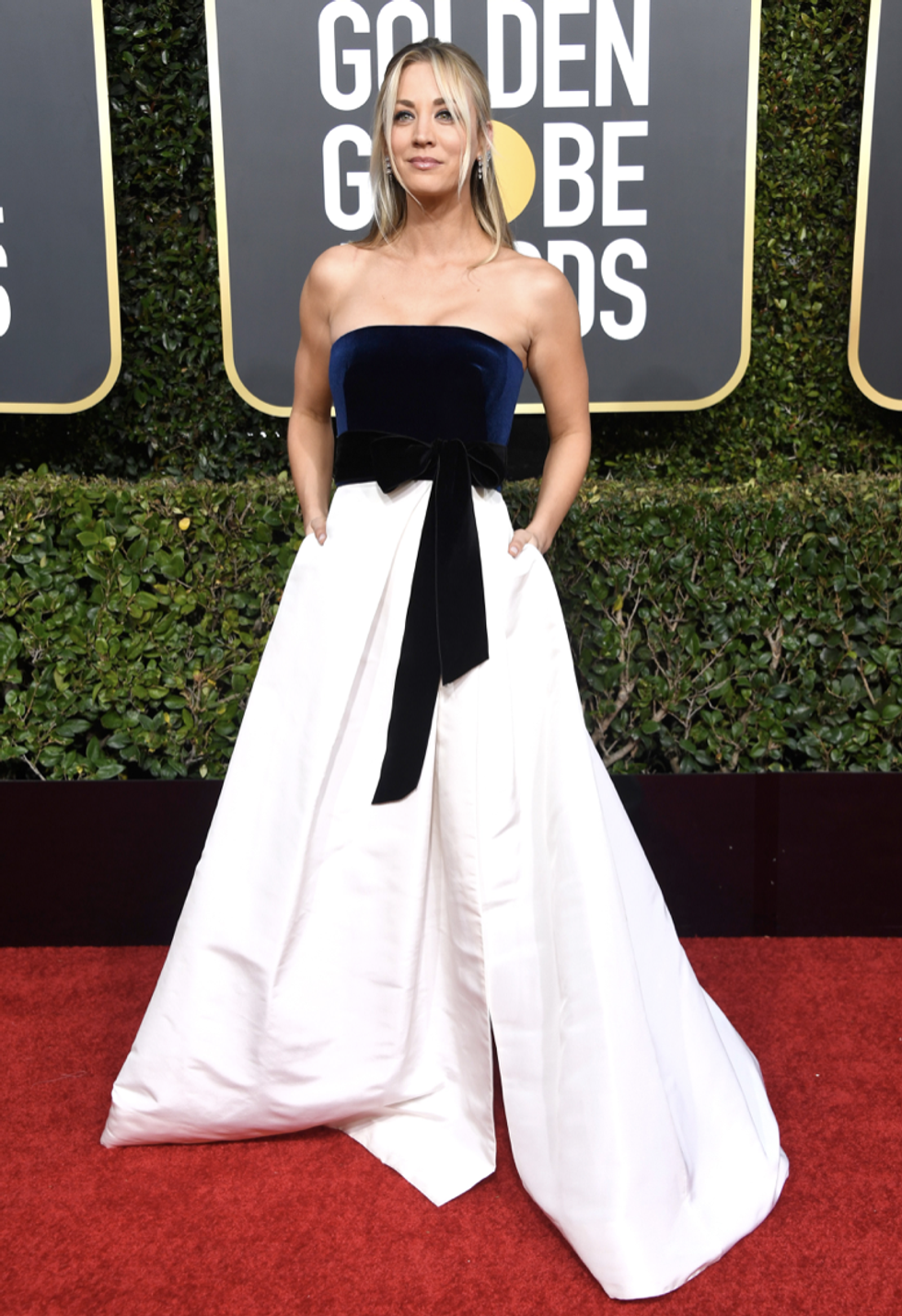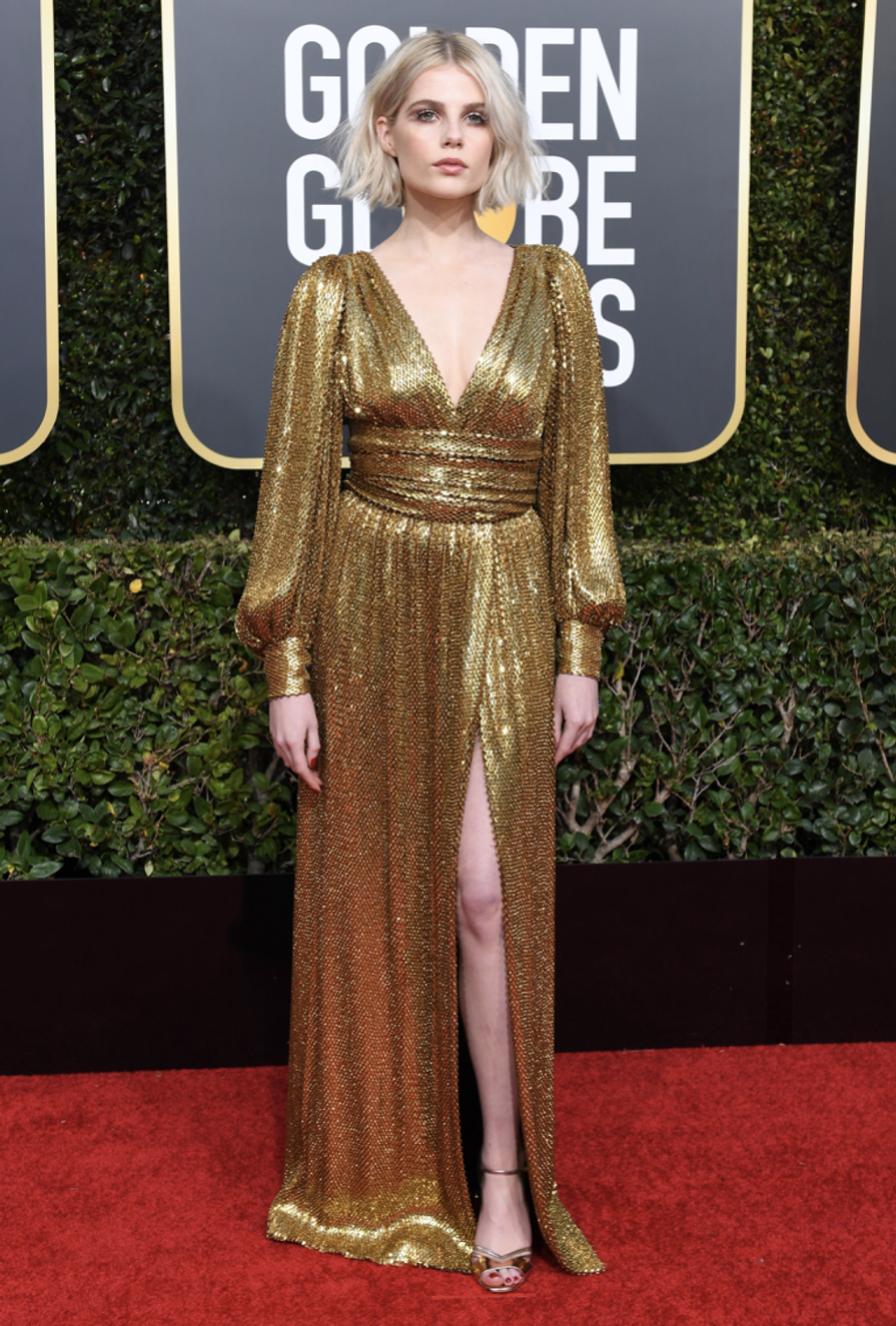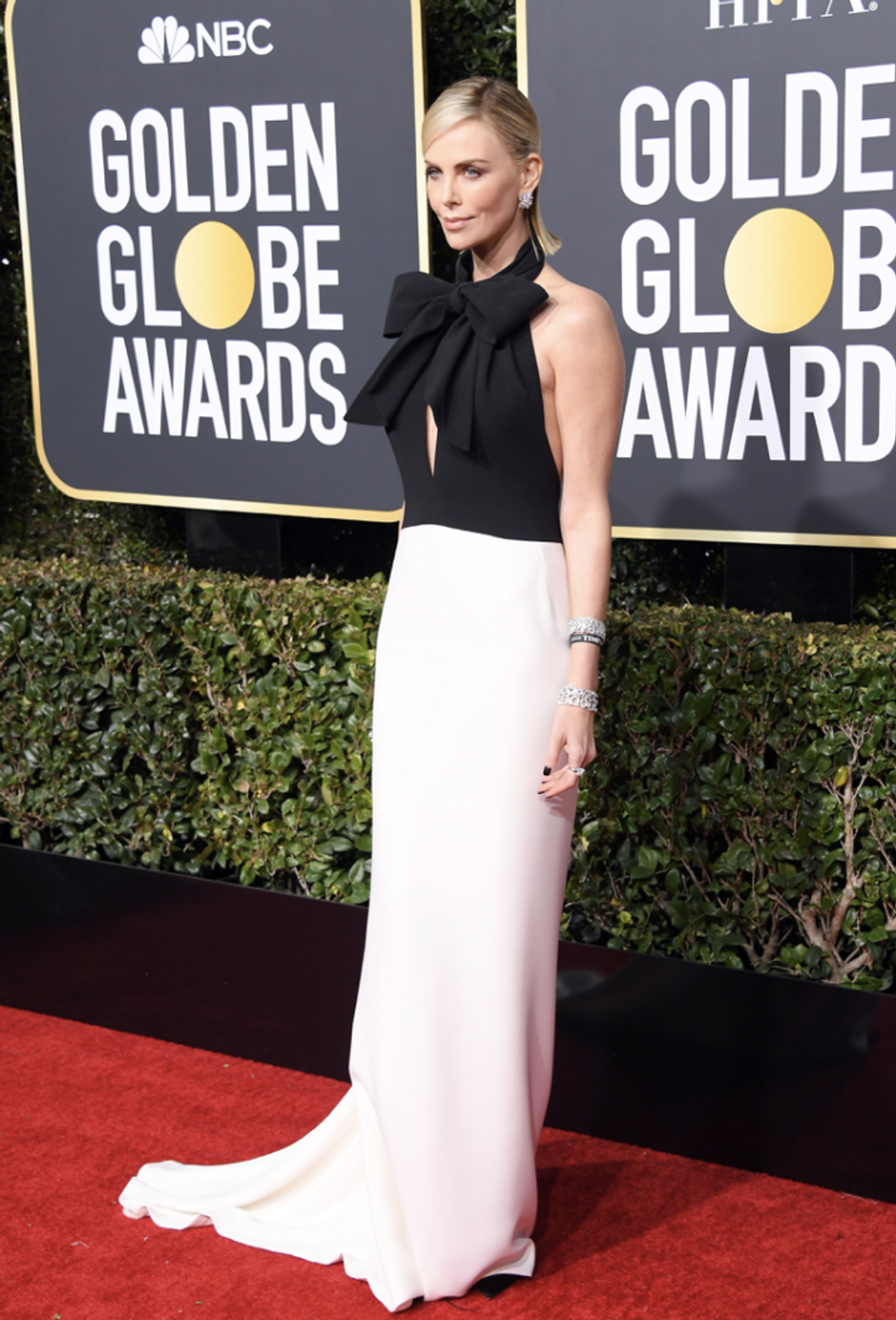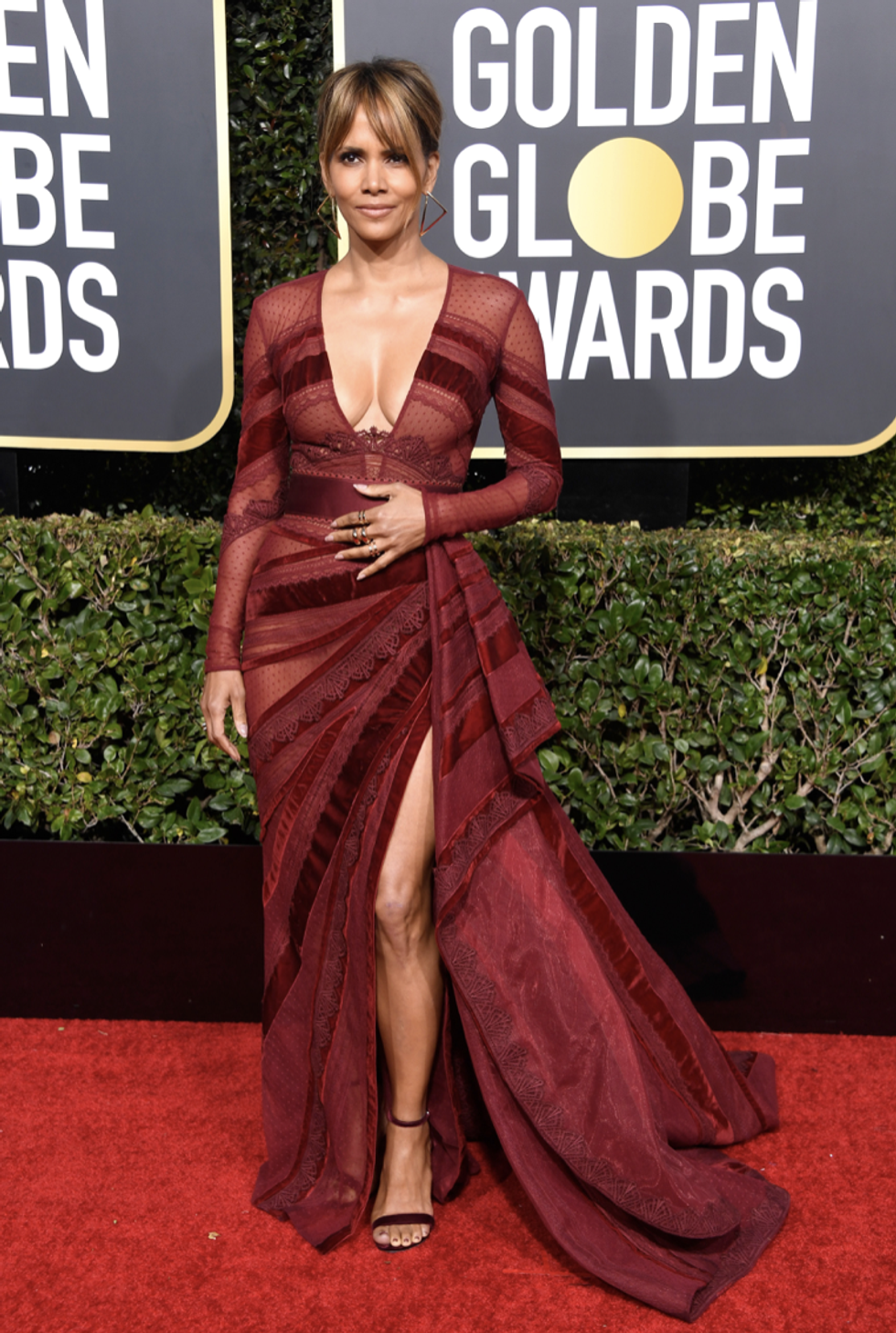7 Historical Oscar Wins Worth Knowing About
These history-makers paved the way to the Hollywood we have today.
This year's Academy Awards contained multiple record-breaking wins, including Mahershala Ali being the first black actor to win two Best Supporting Actor awards, Rami Malek as the first Egyptian-American winner for Best Actor, the most female winners in a single telecast (15!), and the most black winners in a single telecast (seven!).
Here are some other historical Oscar wins from awards show-past that have been immortalized for their amazing achievements in film.
Hattie McDaniel: “Gone with the Wind.”
Hattie McDaniel was the first African-American to ever win an Academy Award, in which she took home the award of Best Supporting Actress for her role as Mammy in "Gone with the Wind" in 1939. McDaniel's performance has been highly noted as one of the greatest film performances of all time, and was a huge step in the film industry in a time of segregation (McDaniel sat in the back of the banquet room at a segregated table, the hotel the awards were held at had a strict "no blacks" policy, but allowed McDaniel to enter on account that the ceremony was going on). McDaniel also made history as the first black woman to sing on the radio in the United States.
Ang Lee "Brokeback Mountain."
Lee has been a prominent director in the film industry, beginning with his 1993 film "The Wedding Banquet." But it wasn't until 2005 when he made history as the first person of color to win the award for Best Director. The Taiwanese director made history again in 2012 when he became the second person of color to win the award for the film "Life of Pi."
Edith Head: "The Sting."
Head, a costume designer, holds the record for most awards won by a woman, the record being reached with her award in Best Costume Design in 1974 for "The Sting." Head won eight Academy Awards in her lifetime, beginning in 1949 for "The Heiress." She is also the most nominated woman in Academy Awards history with 35 nominations.
"Slumdog Millionaire."
"Millionaire," the story of a young Indian man accused of cheating in the Indian game show "Kaun Banega Crorepati," (or "Who Wants to Be a Millionaire?") became the first film made up entirely of people of color to win best picture (the whole cast is of Indian descent) in 2008. It has been widely regarded as one of the best independent films in the last 50 years and paved the way for the film "Moonlight," which became the second film made up entirely of people of color to win the best picture in 2016.
Kathryn Bigelow: "The Hurt Locker."
Bigelow made history as the first woman to ever win the Best Director award in 2009 for "The Hurt Locker." After 28 years in the film industry, Bigelow was nominated for her first Academy Award for this film. The film went on to win Best Picture, along with four other awards.
Sidney Poitier: "Lilies of the Field."
Poitier became the first black actor to win Best Leading Actor in 1963. Poitier, noted as one of the greatest actors of all time, is known for his work on films that dealt with race relations at the time (though in "Field," his race was never brought up). Poitier has won not only the Best Actor award, but an honorary Oscar, a Kennedy Center Honor, and the Presidential Medal of Freedom.
Marlee Matlin: "Children of a Lesser God."
Matlin broke two records with her historical win for Best Leading Actress in 1986. She is the first (and currently only) deaf actress to win an Academy Award. She's also the youngest person to win a lead acting award, at the age of 21. She's also one of four actresses to have won Best Leading Actress for her film debut (the other three being Shirley Booth, Julie Andrews, and Barbra Streisand). Matlin is a major advocate for disabled and deaf actors and has garnered multiple awards for her work in film and television.
These amazing people have won various awards for their achievements in film and have paved the way for the films of today. Of course, there is still so much progress to make, and it's important to value to work of minority actors and filmmakers.




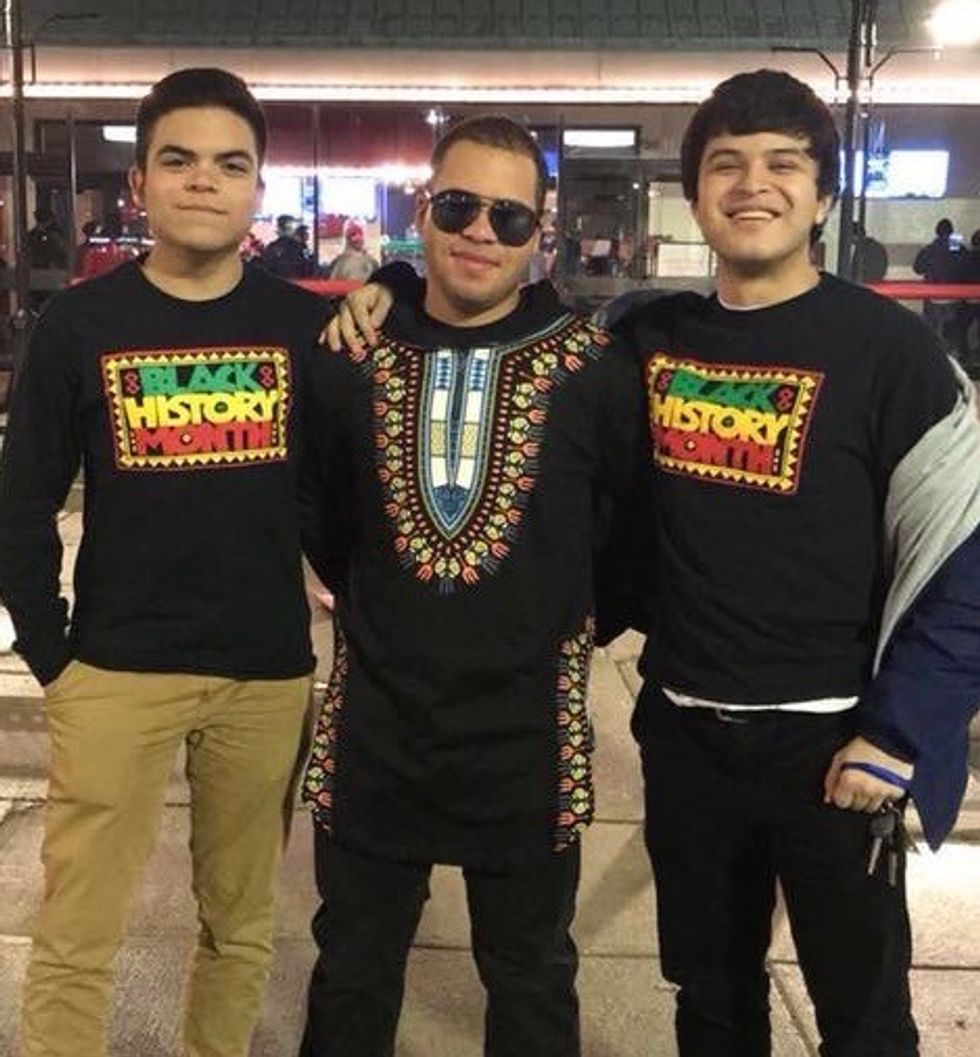 Black Panther Premiere in Brooklyn, OhioMarc Anthony Brown
Black Panther Premiere in Brooklyn, OhioMarc Anthony Brown
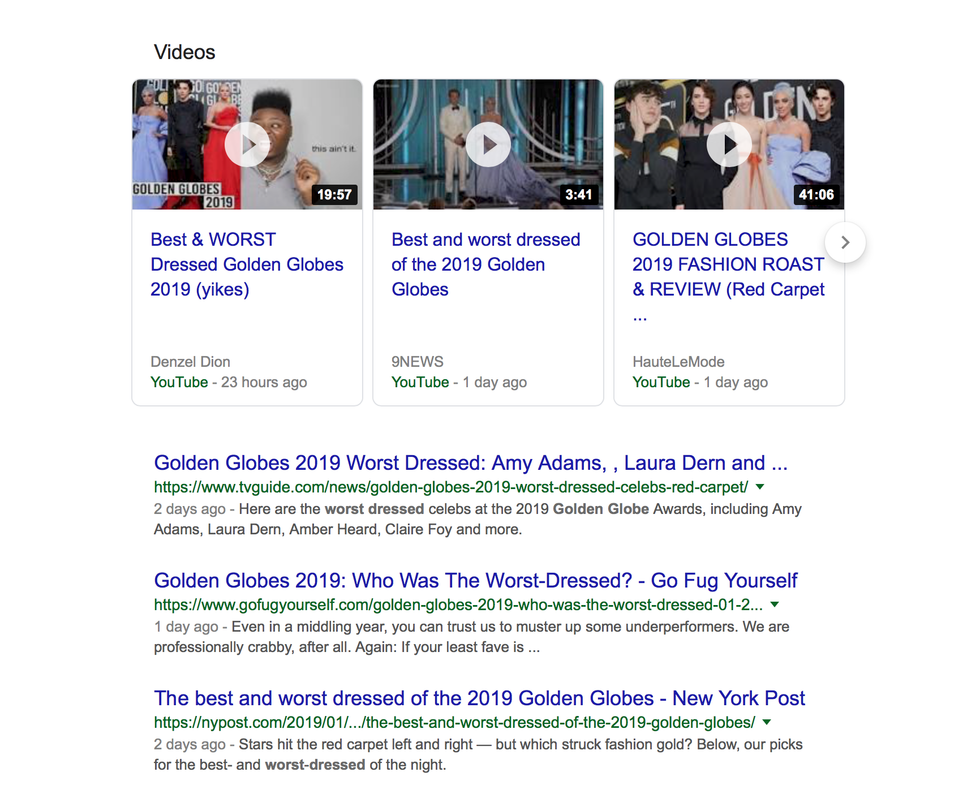 google.com
google.com
